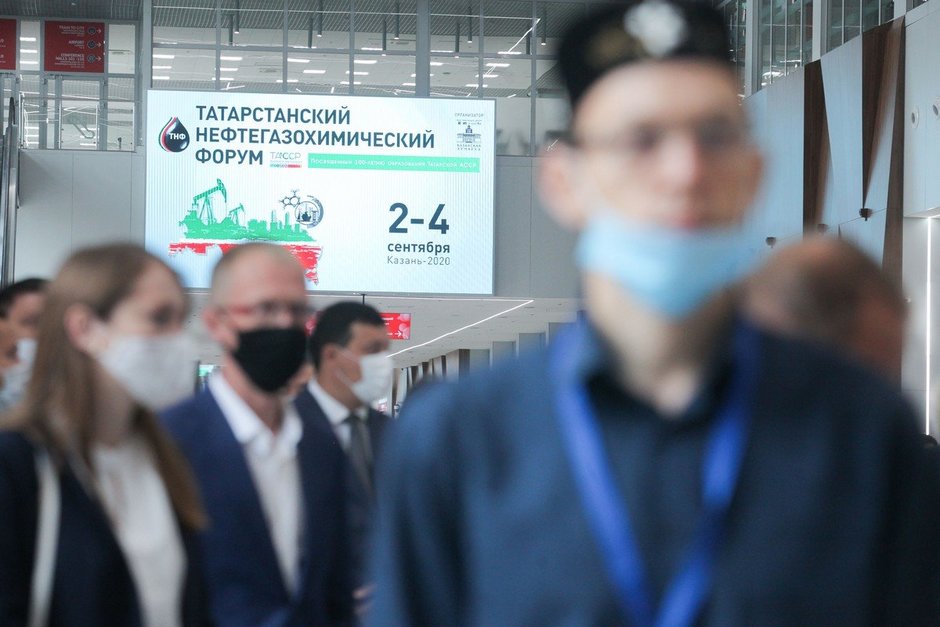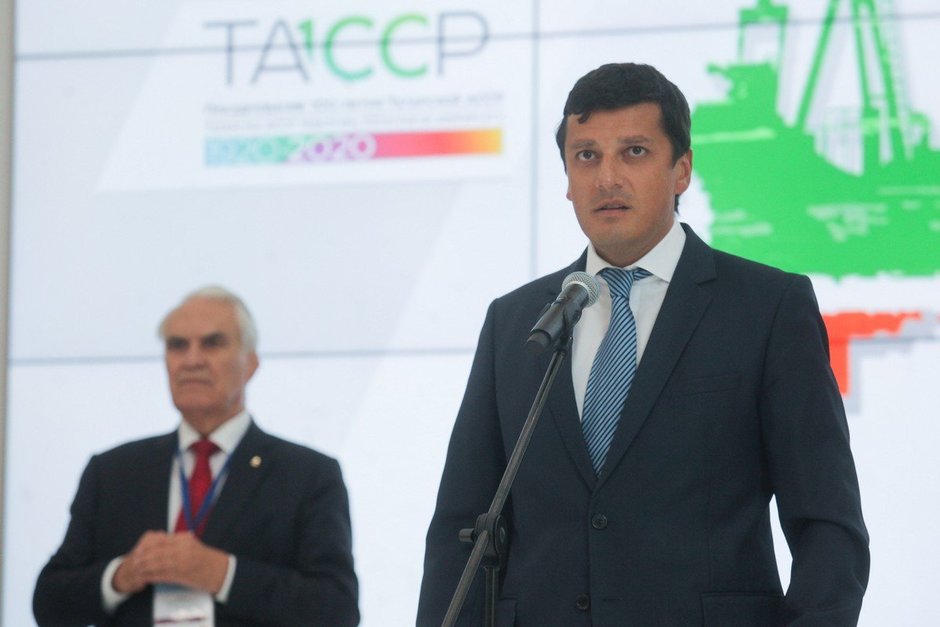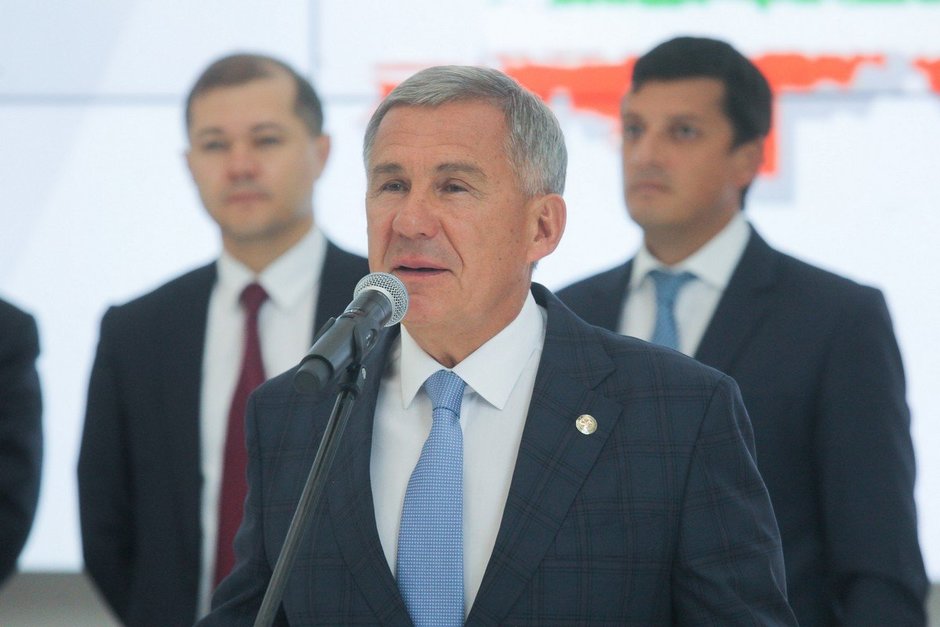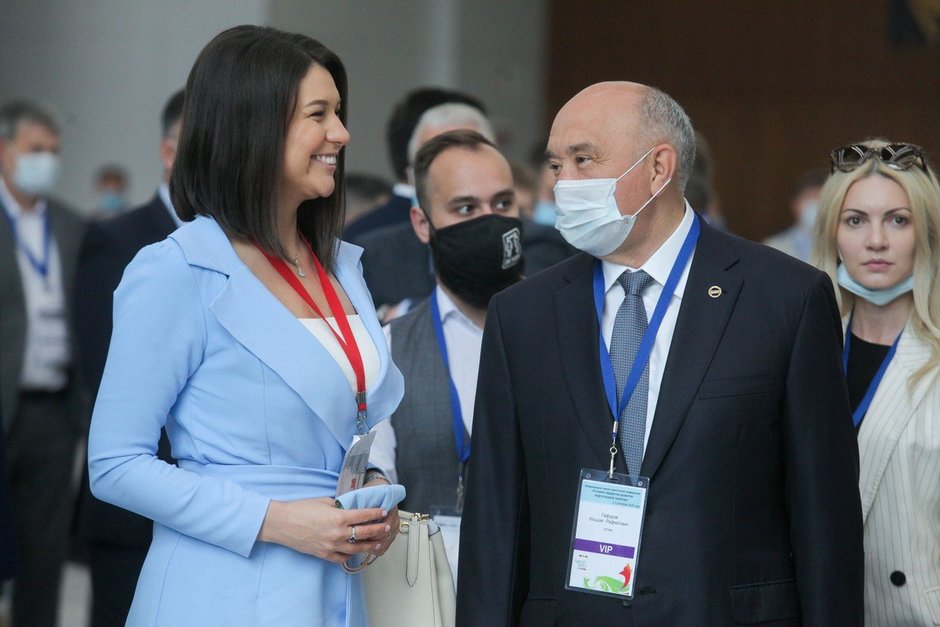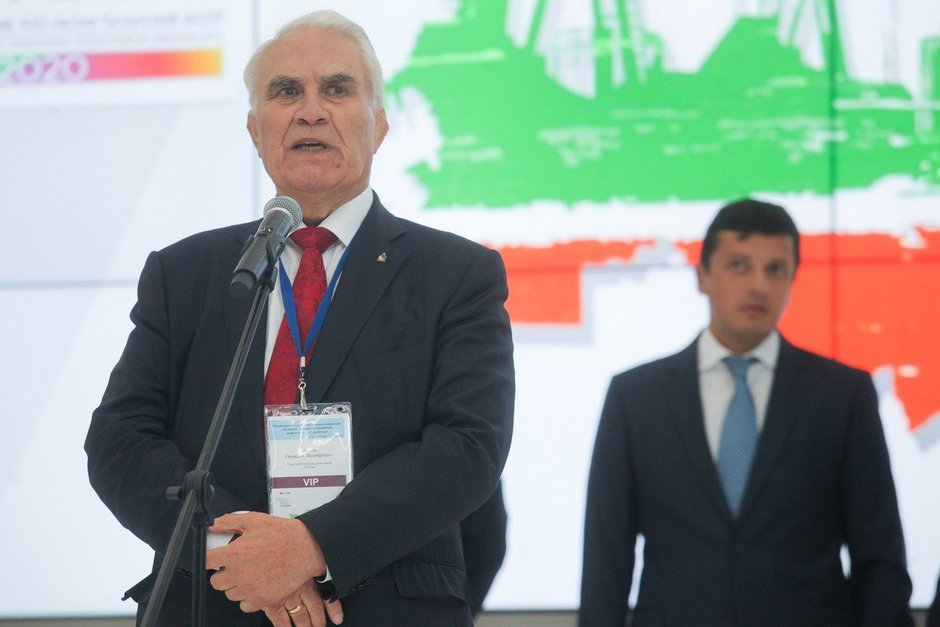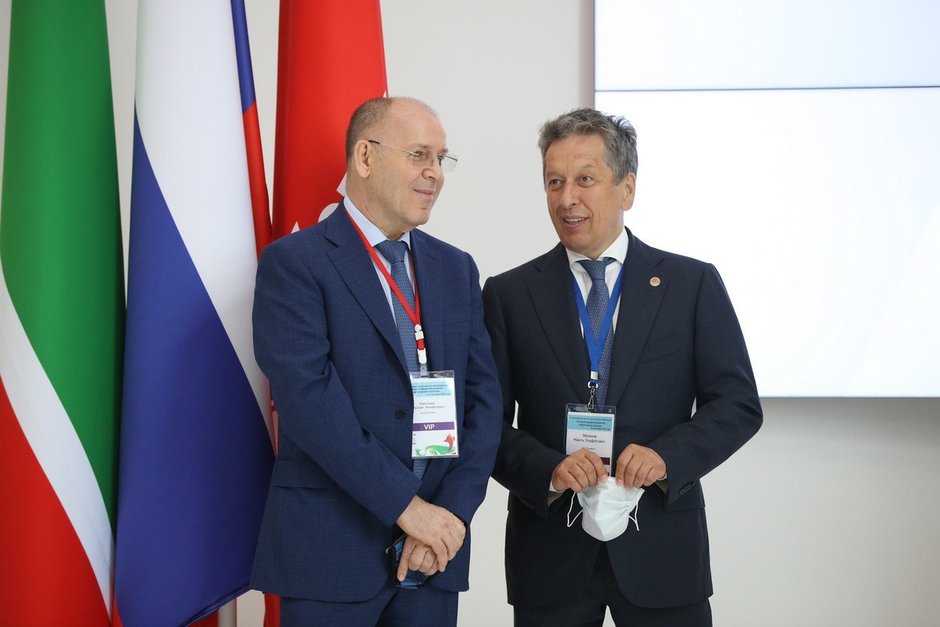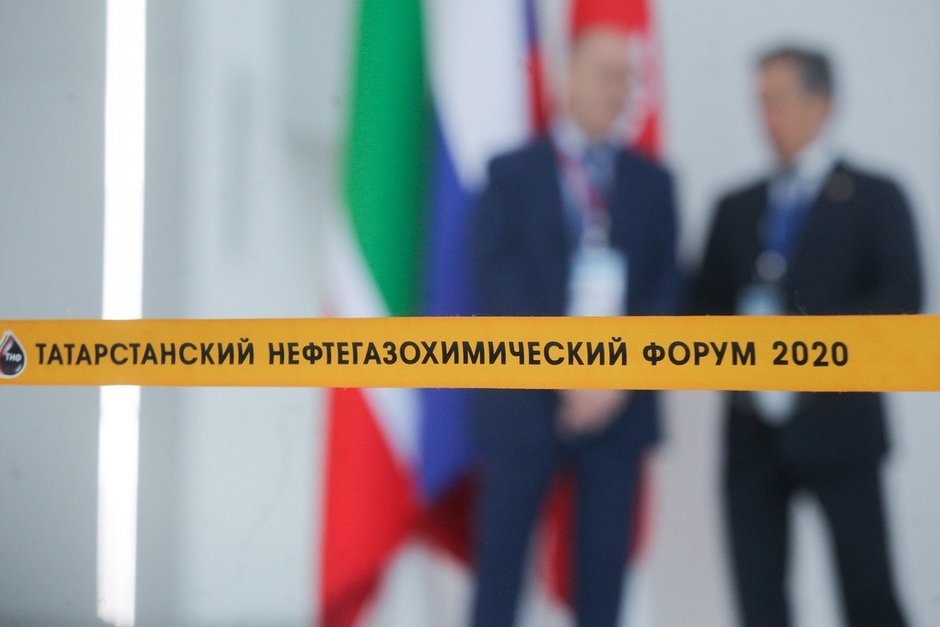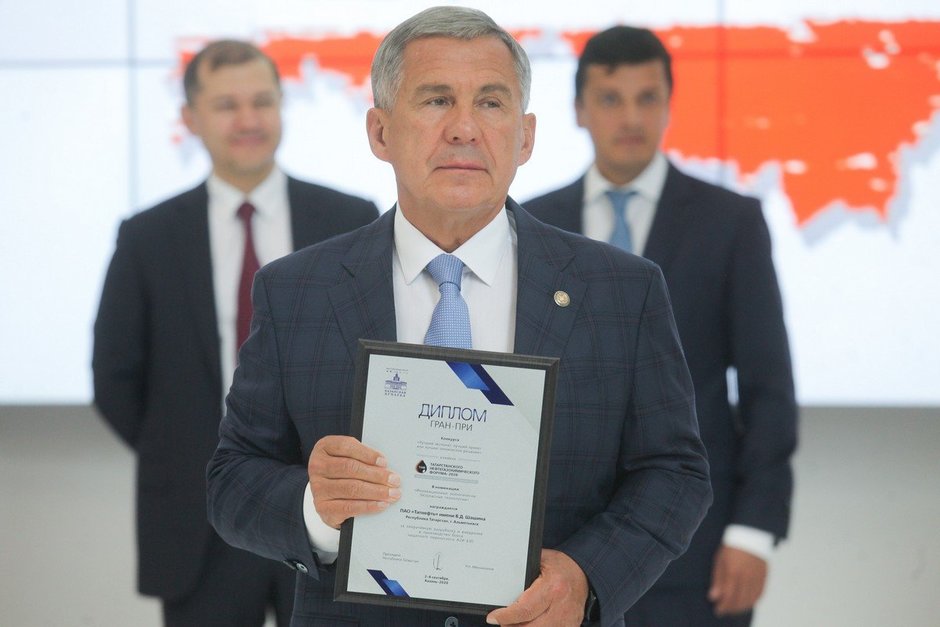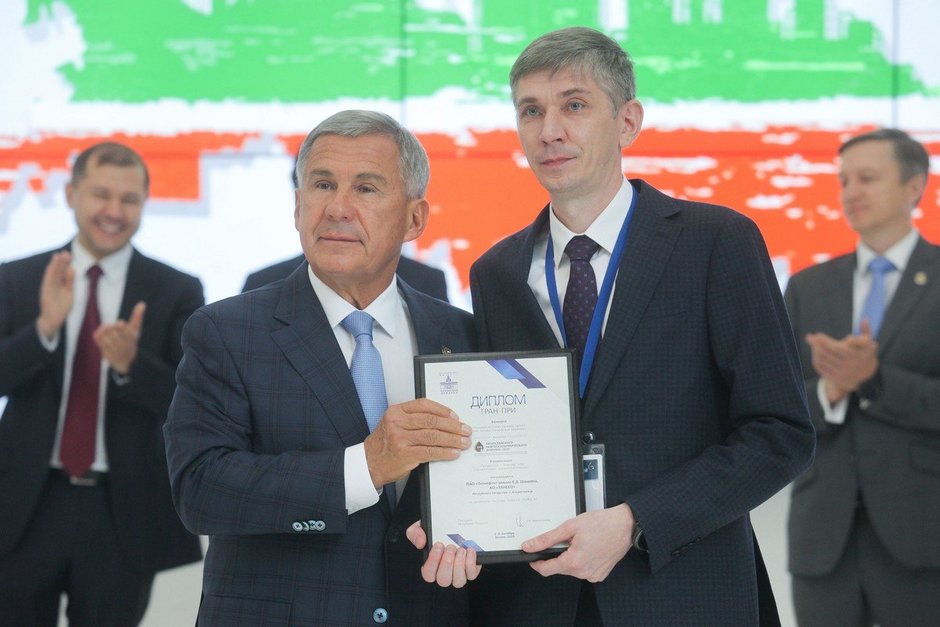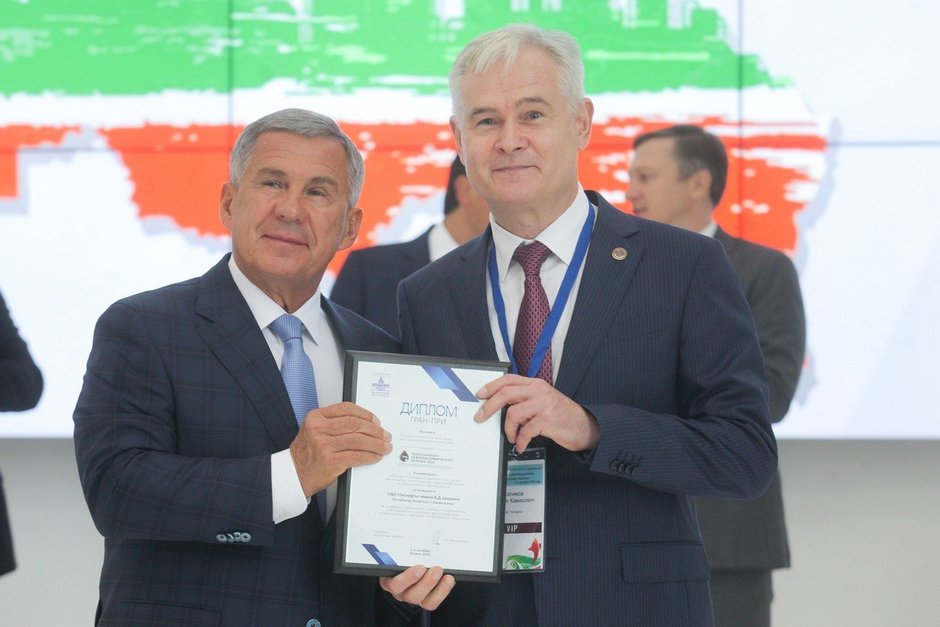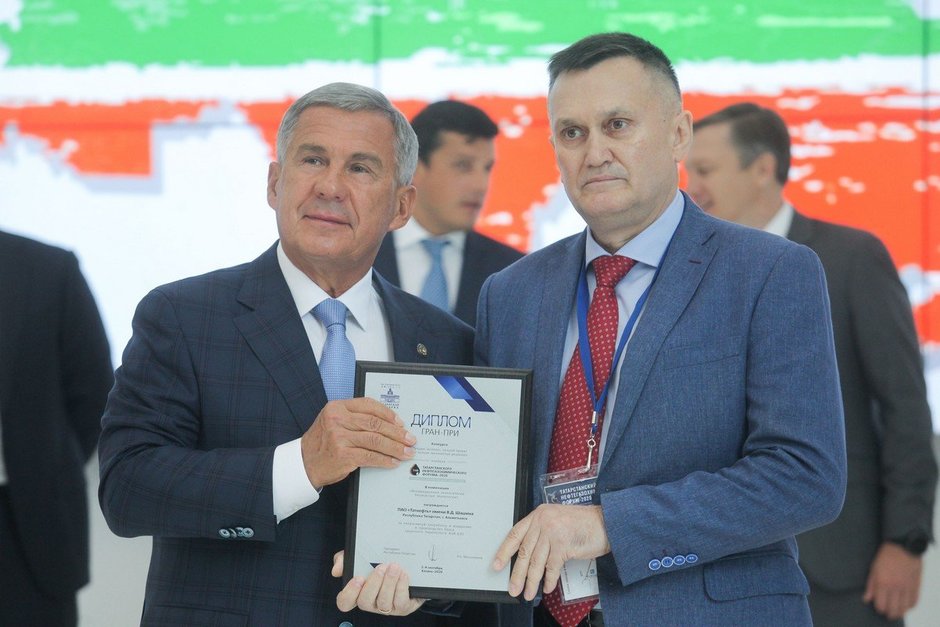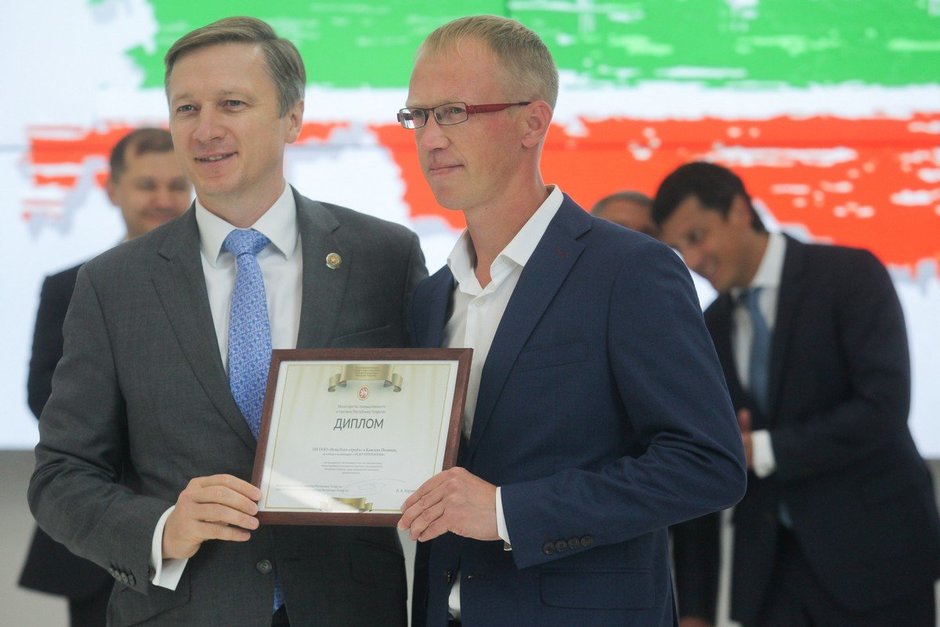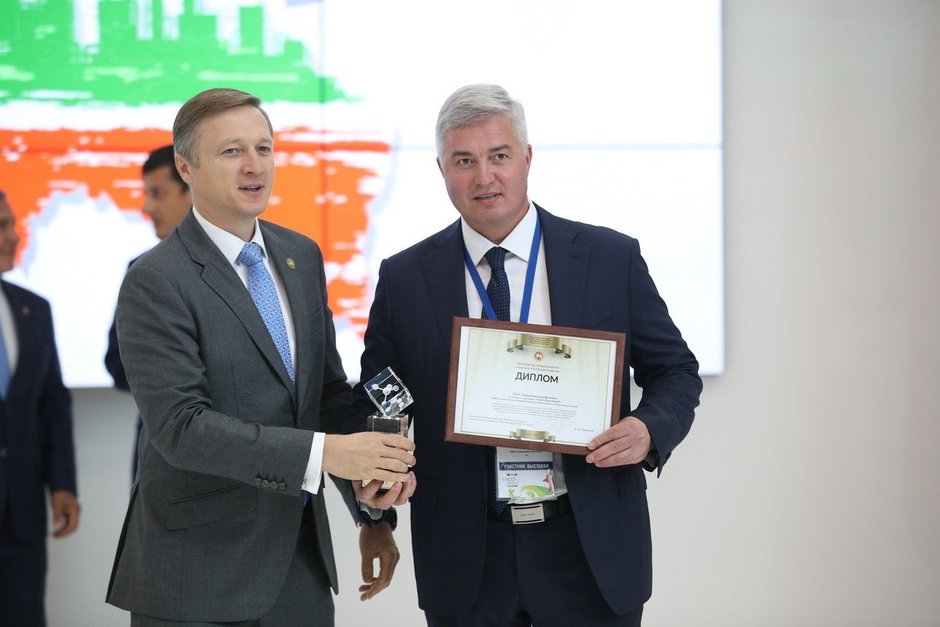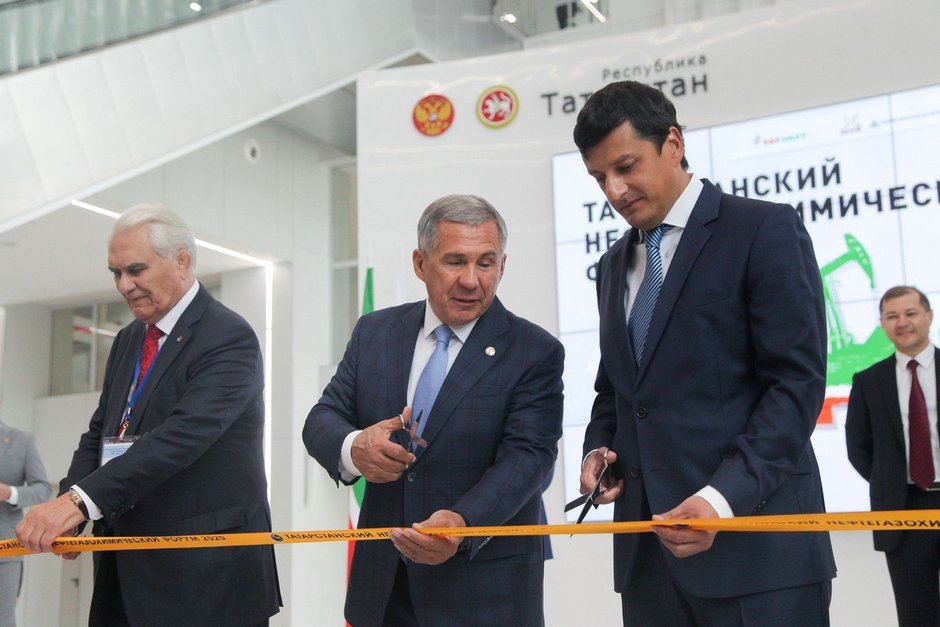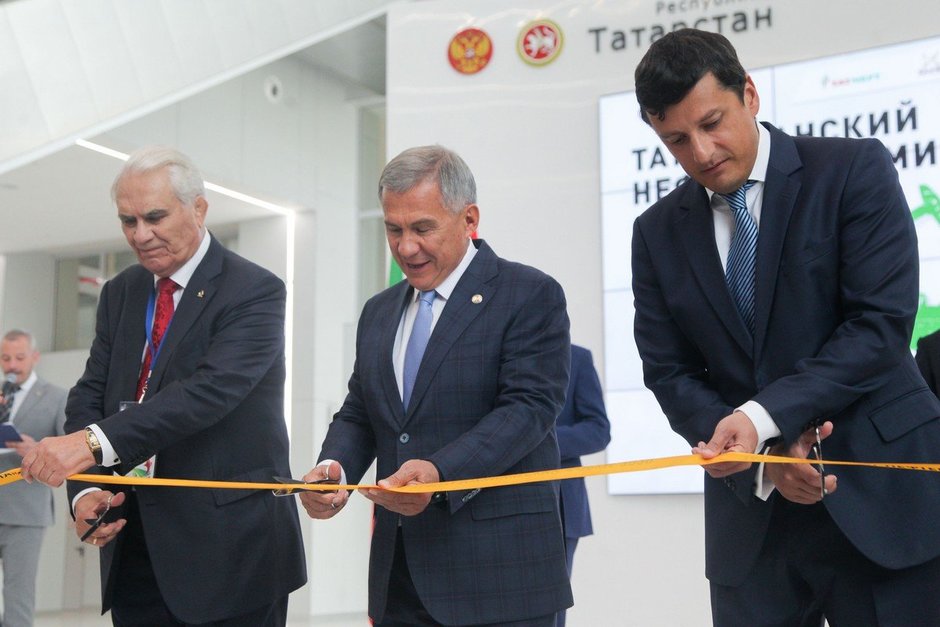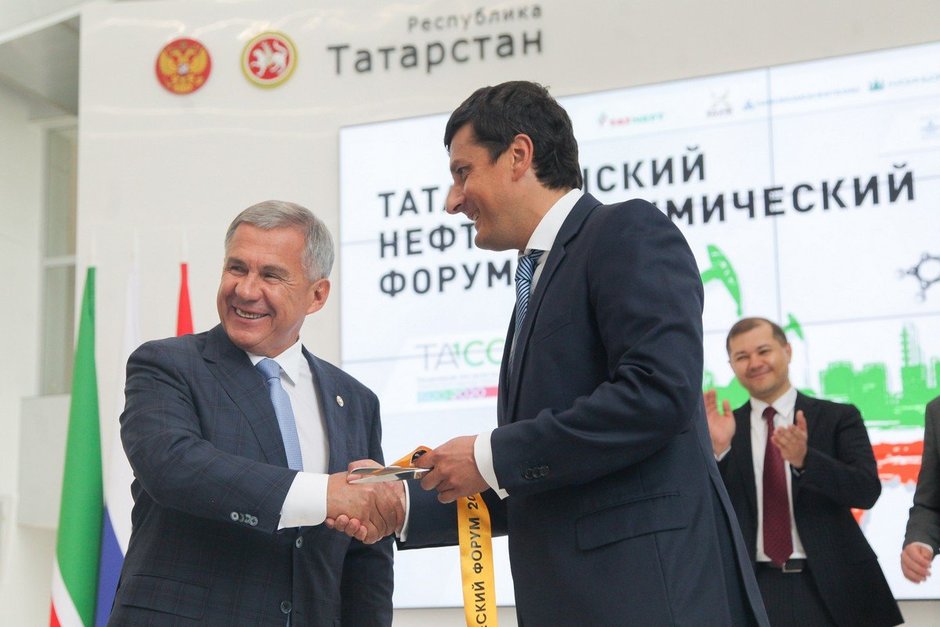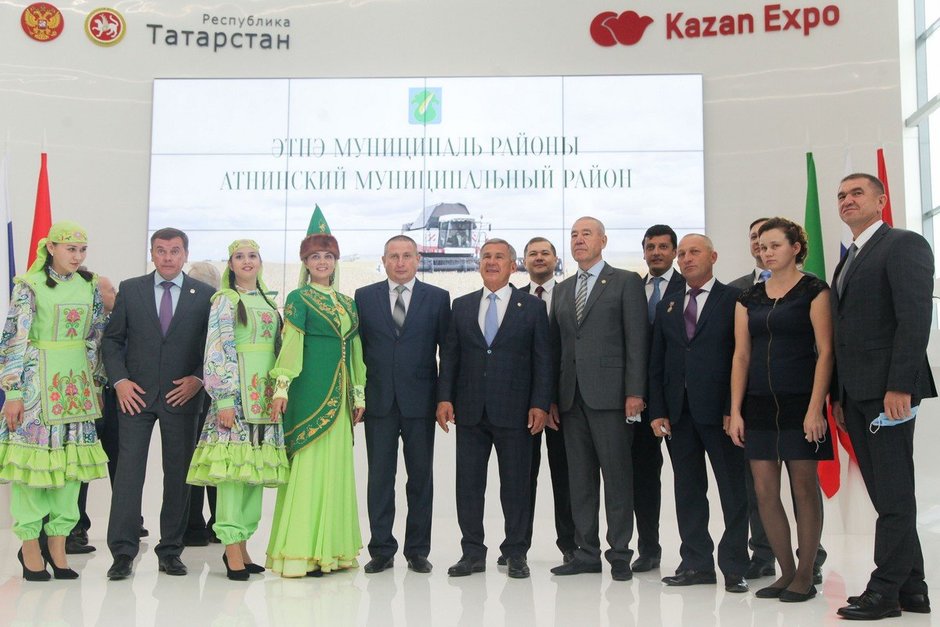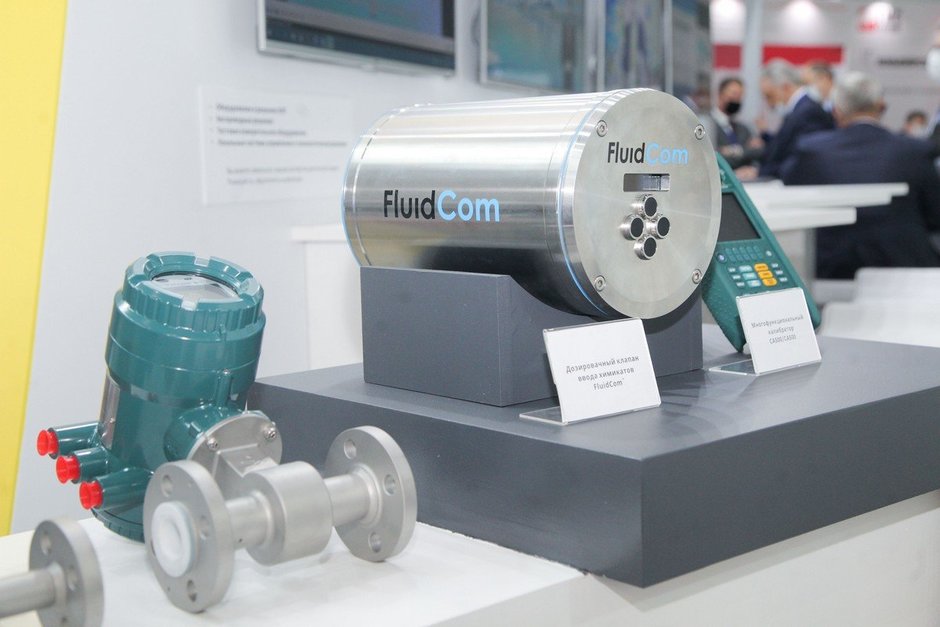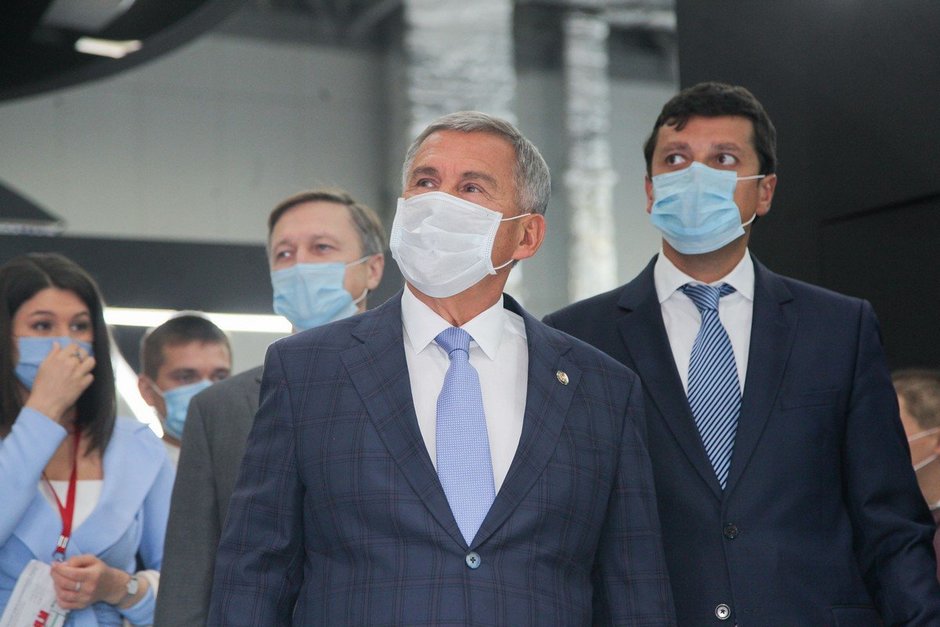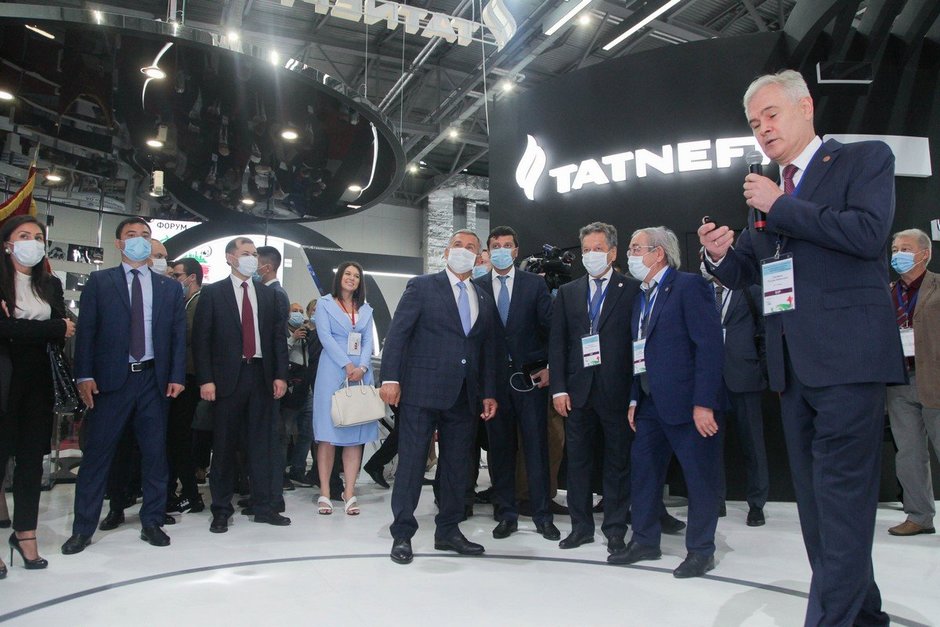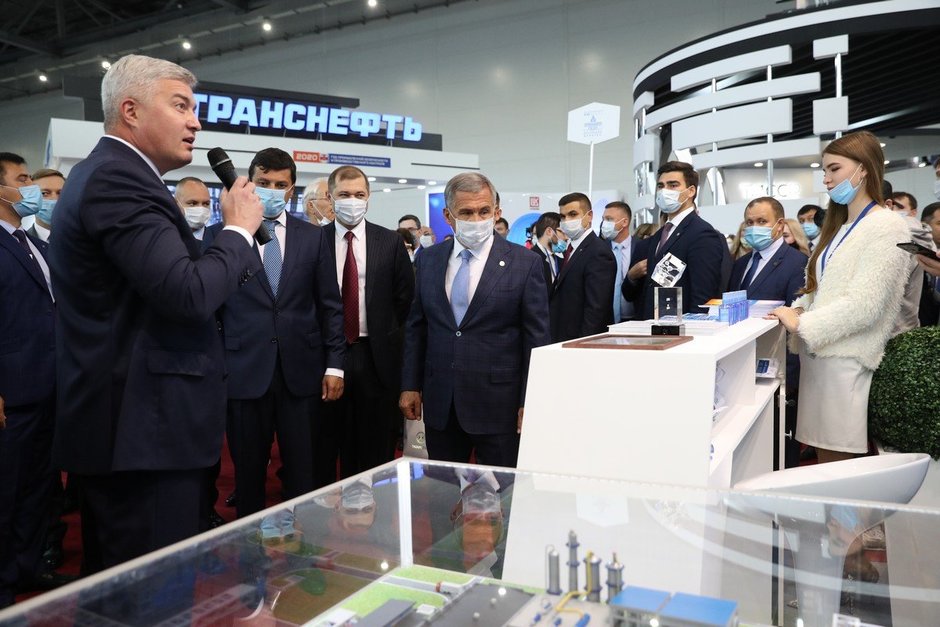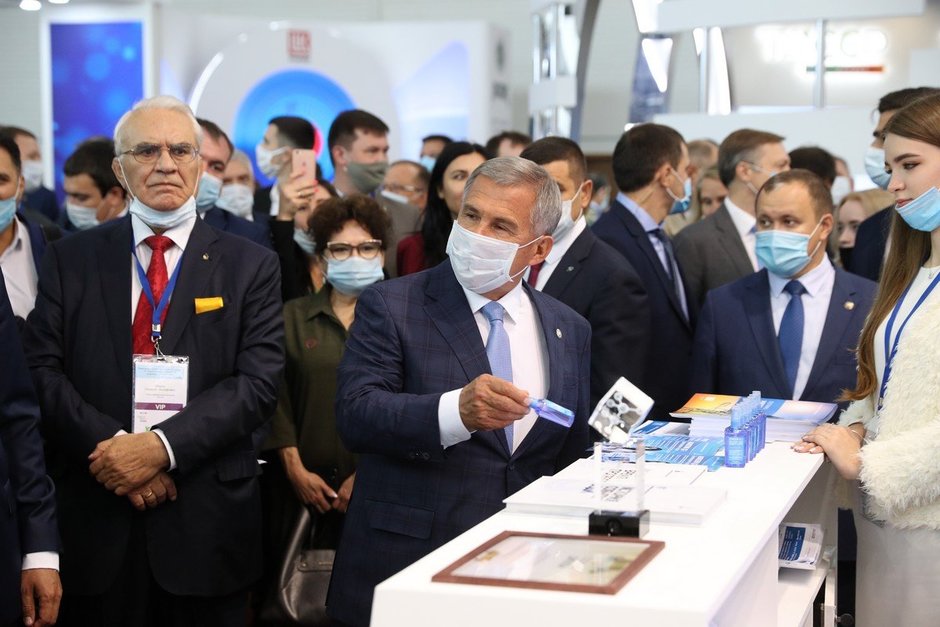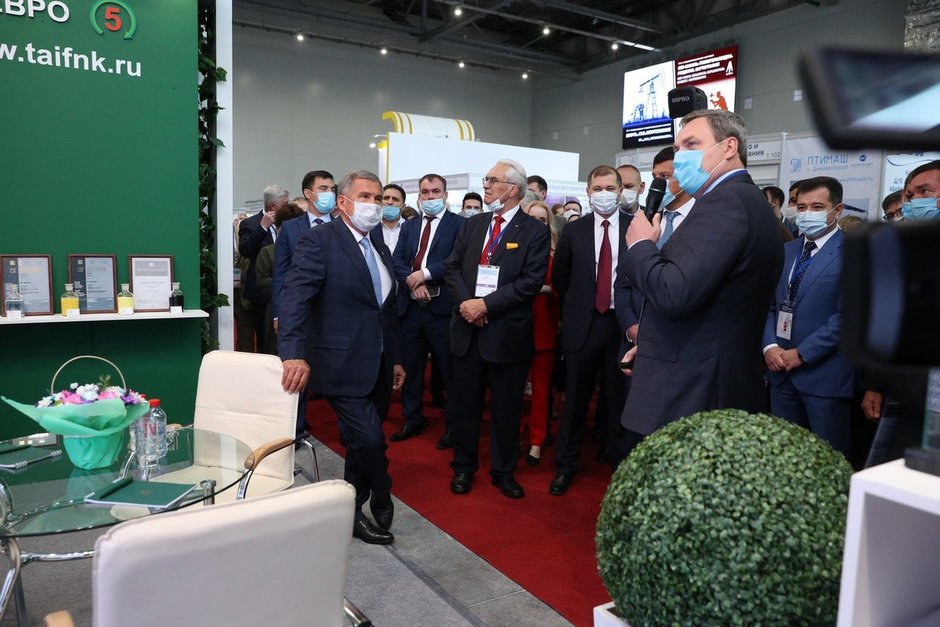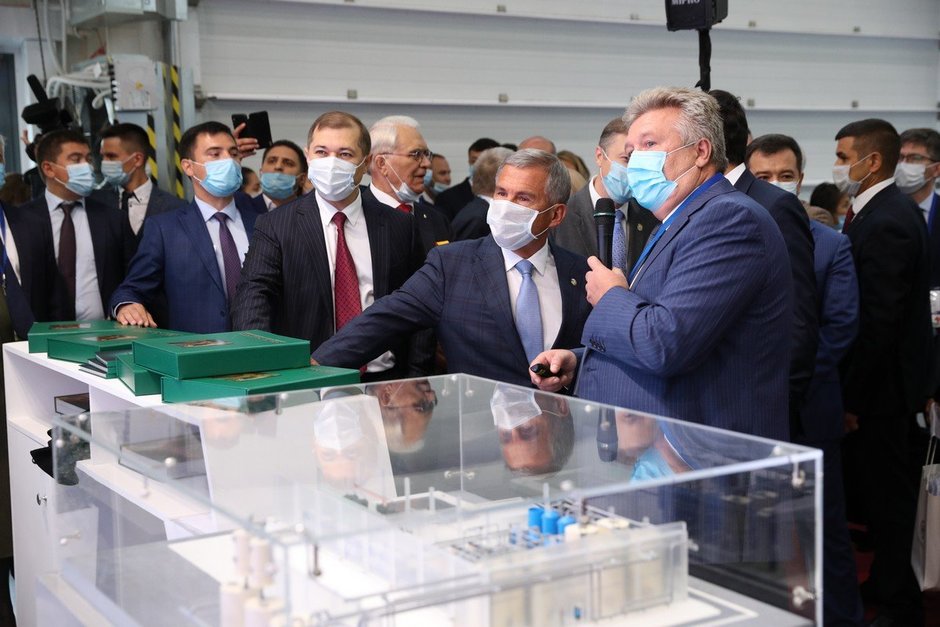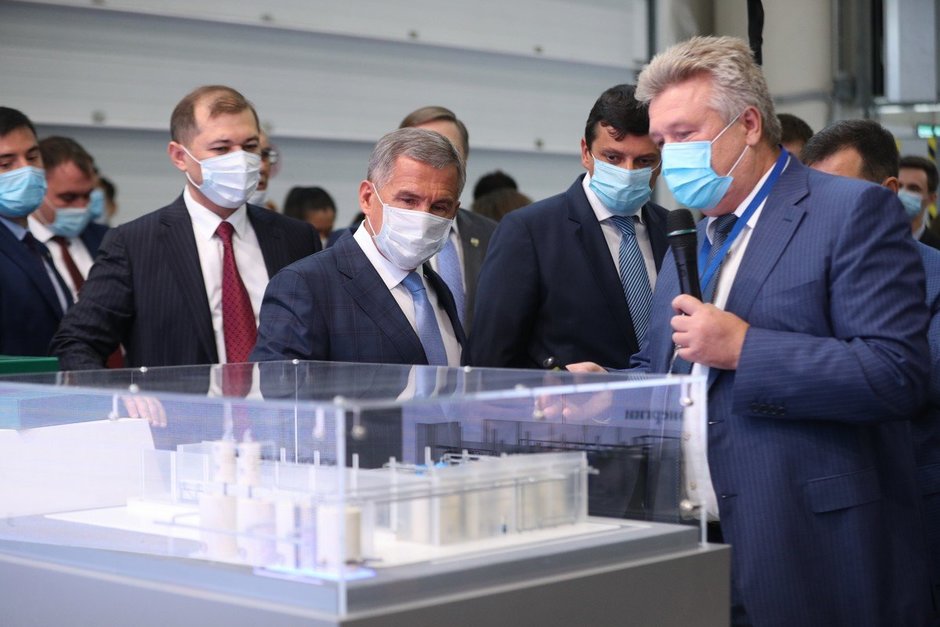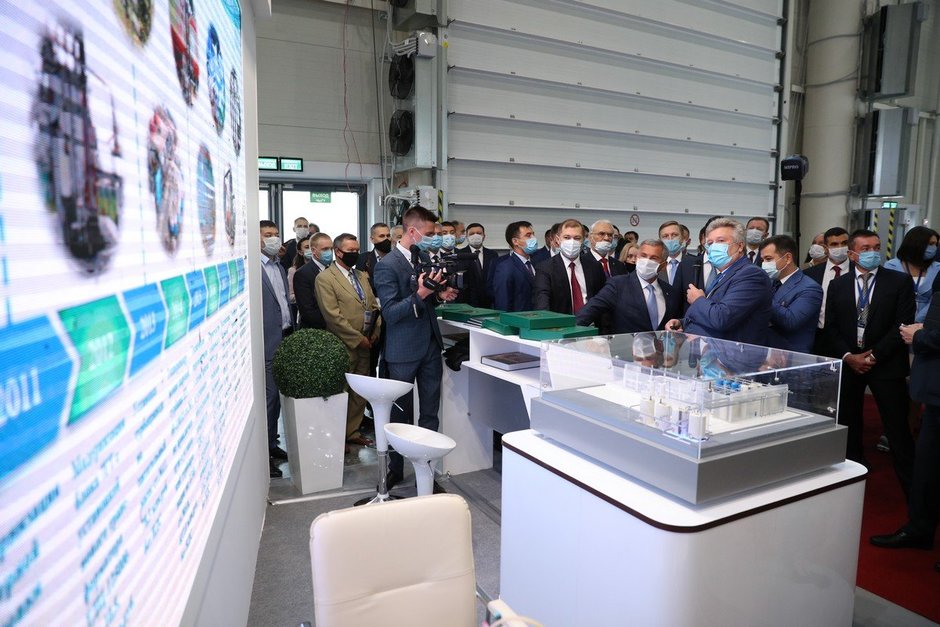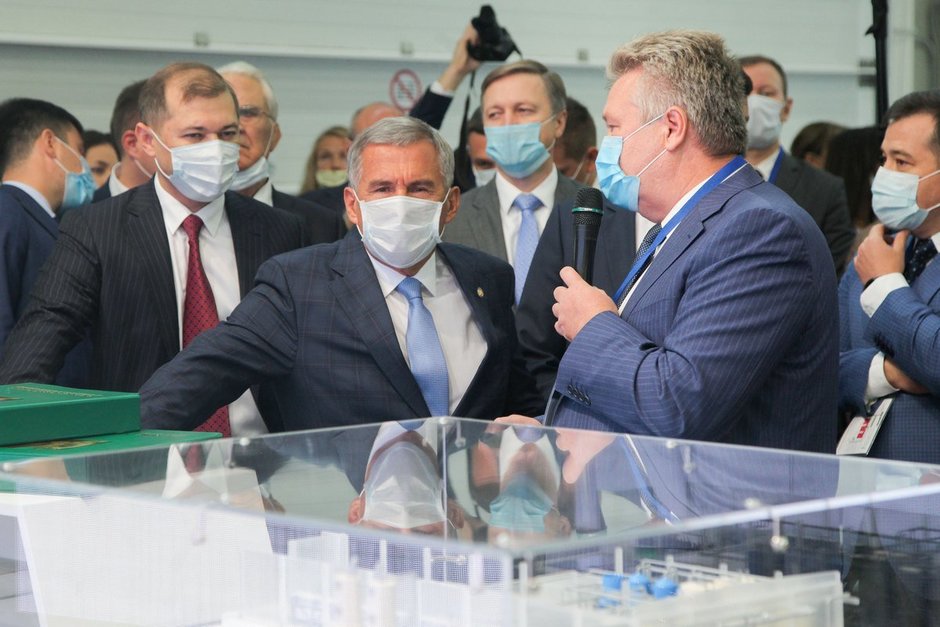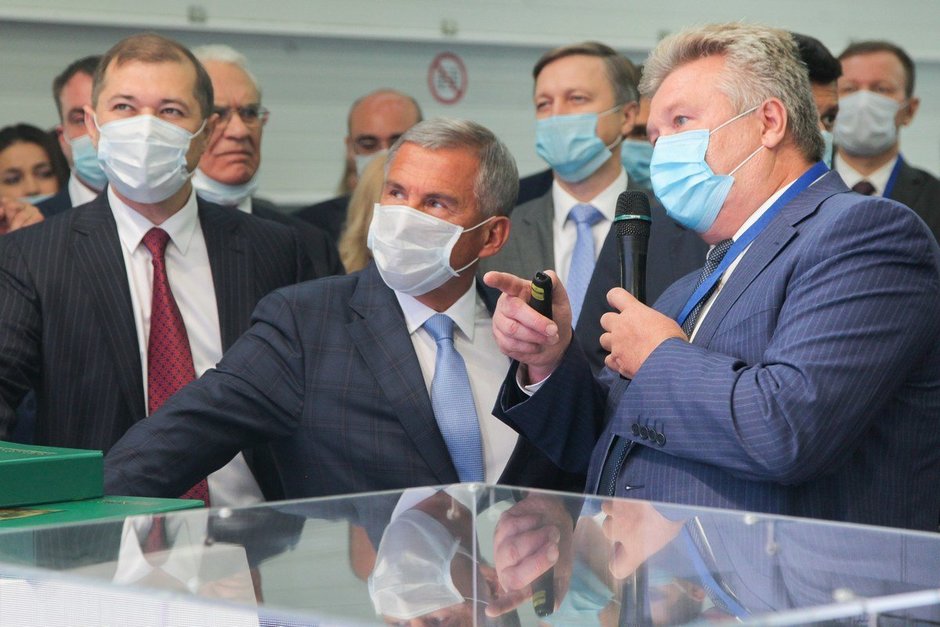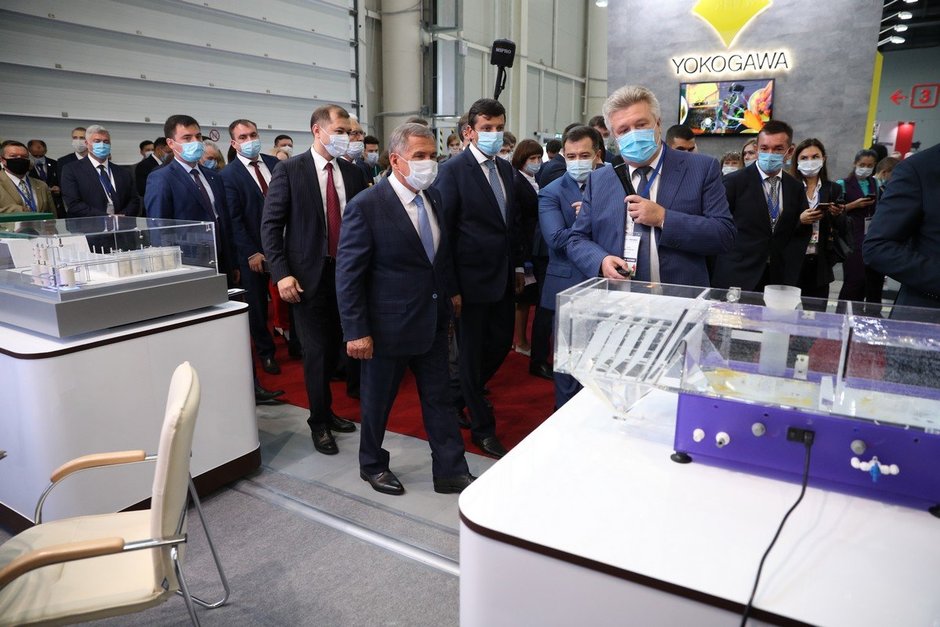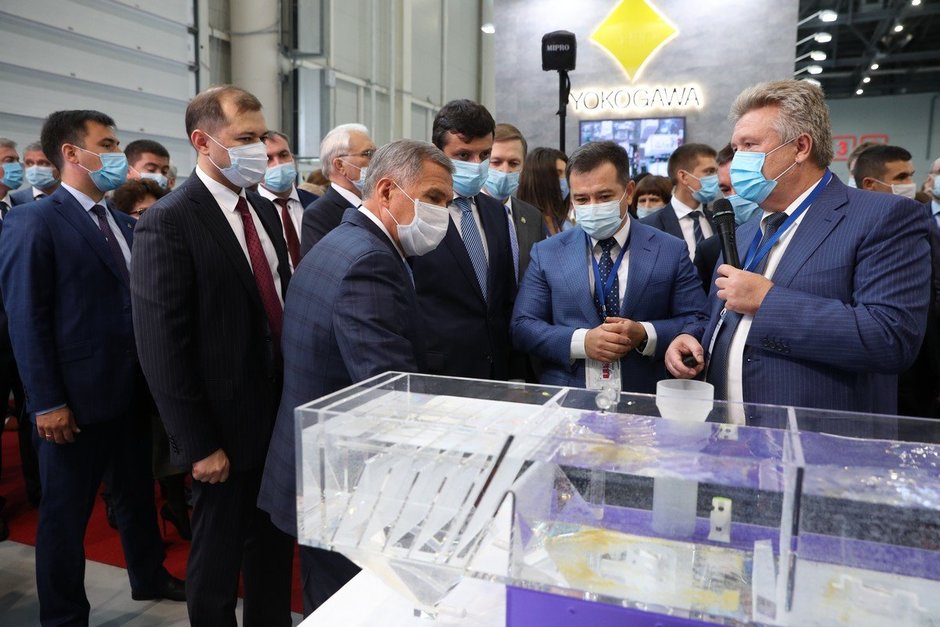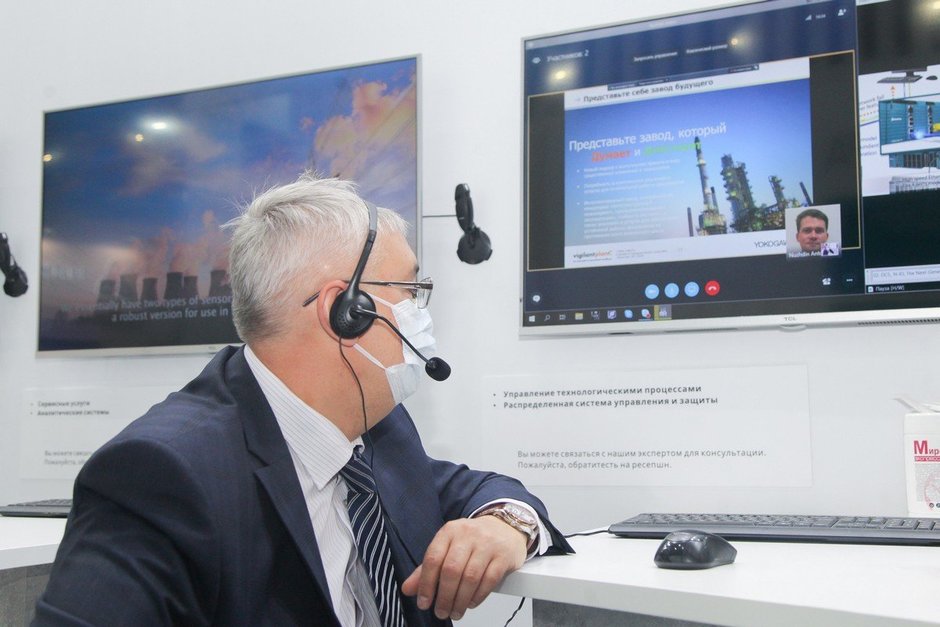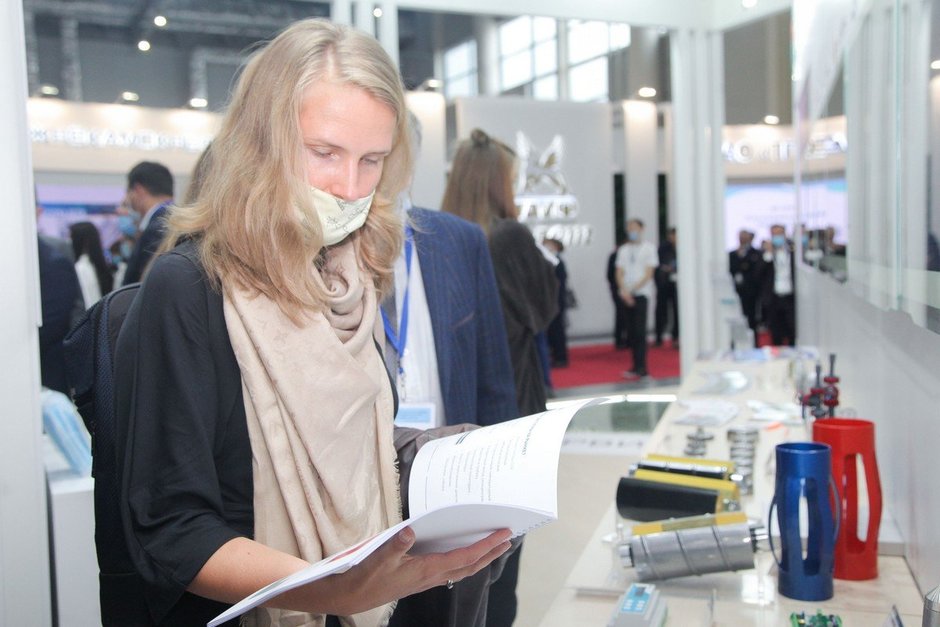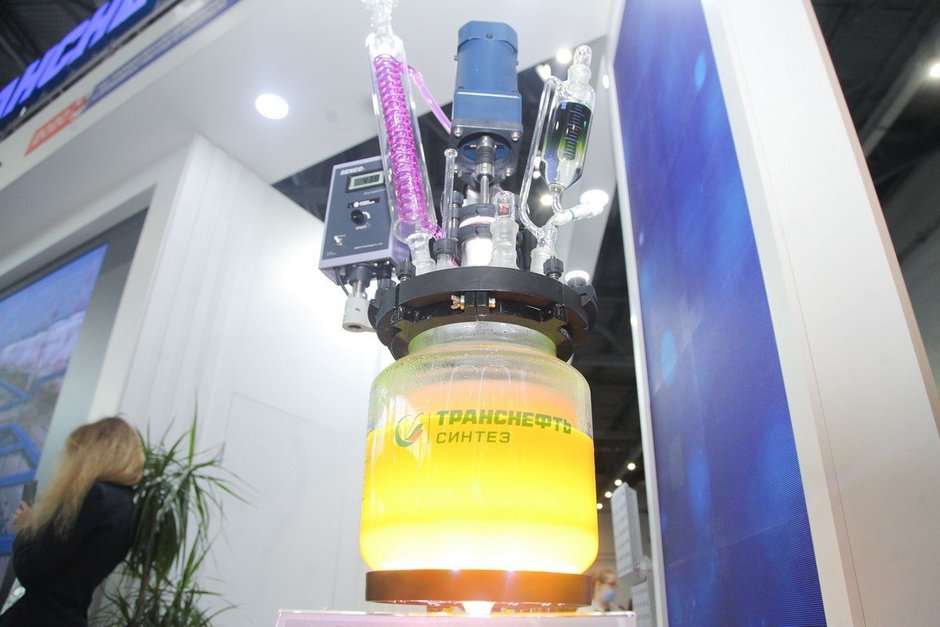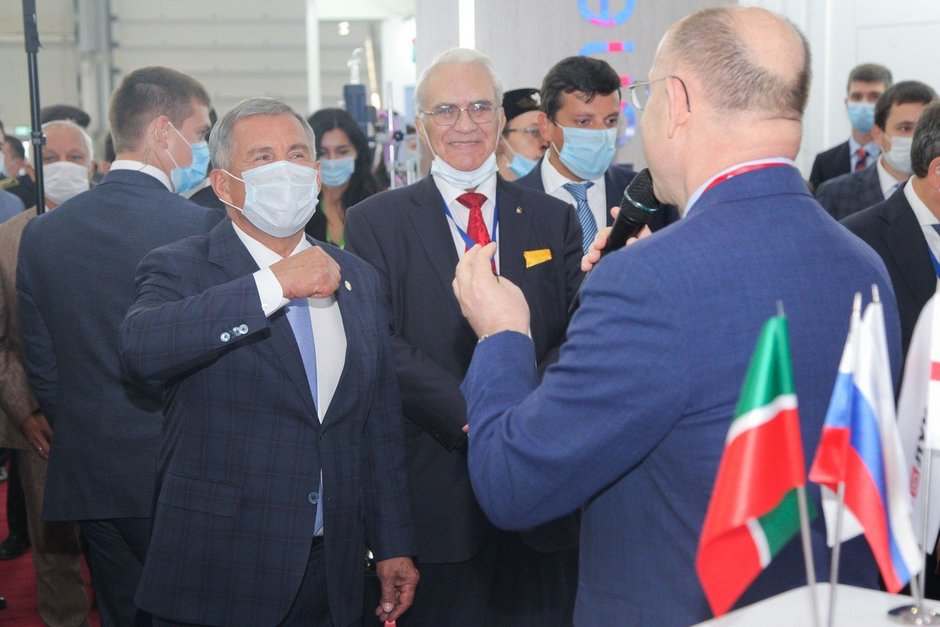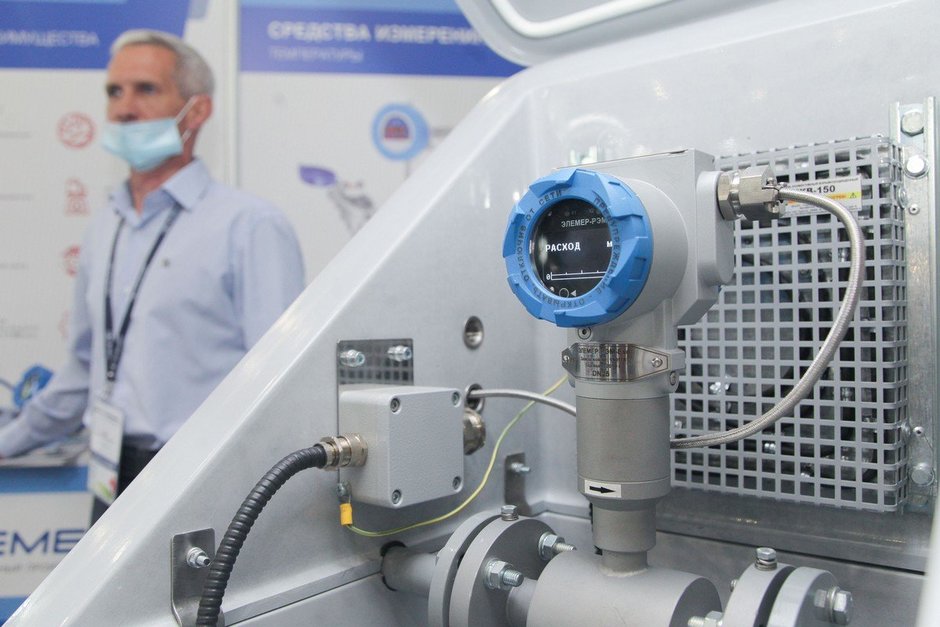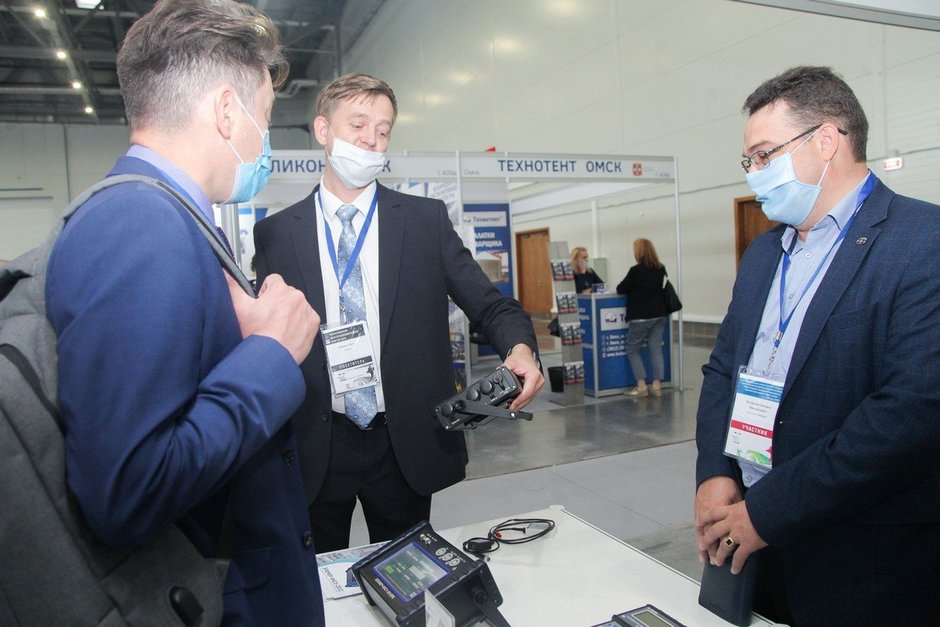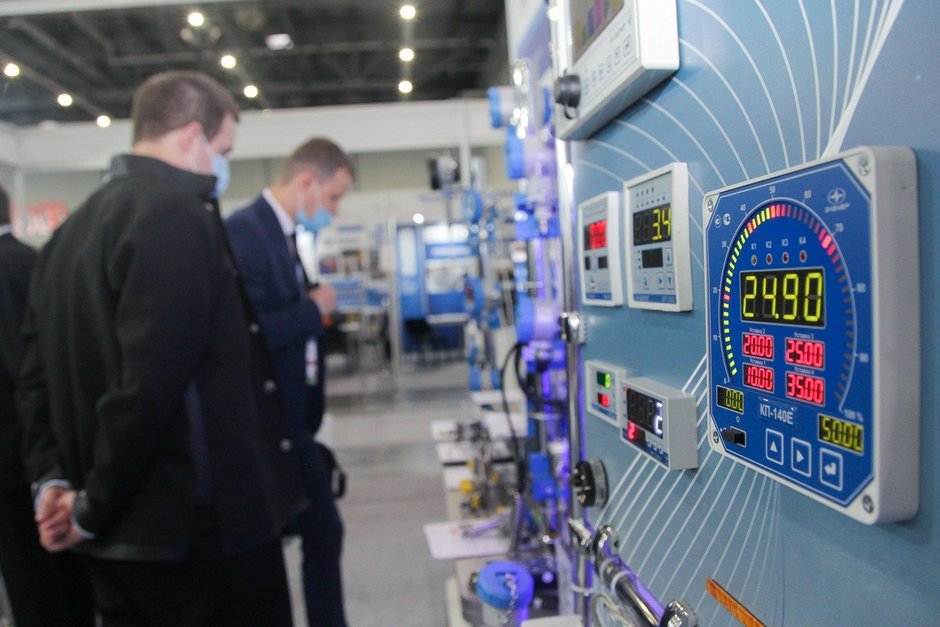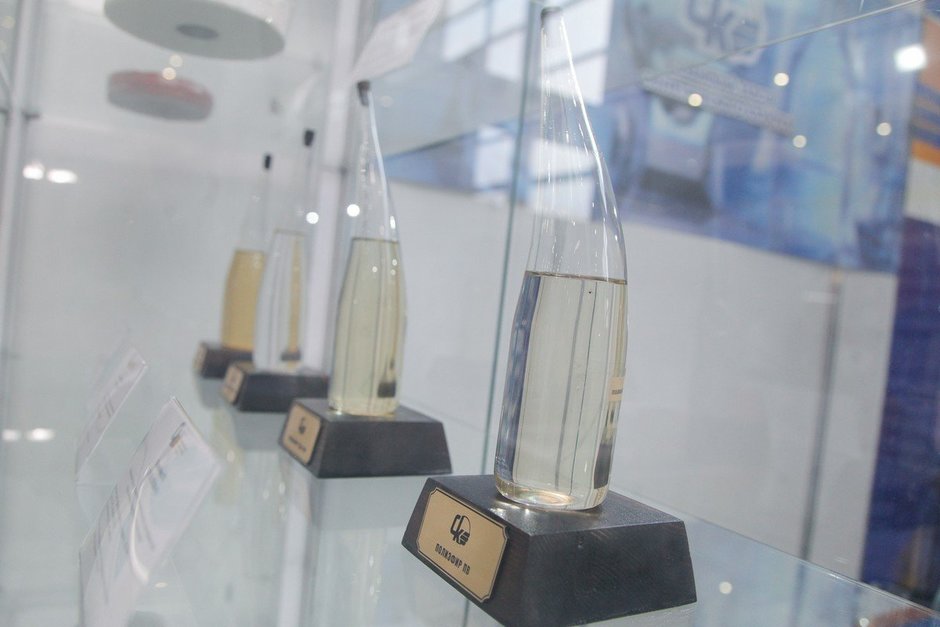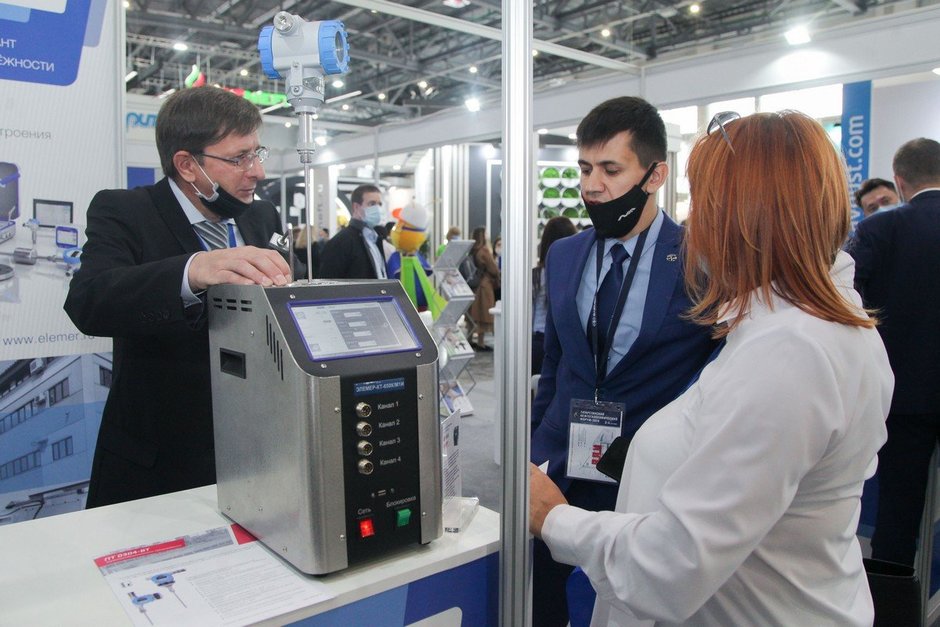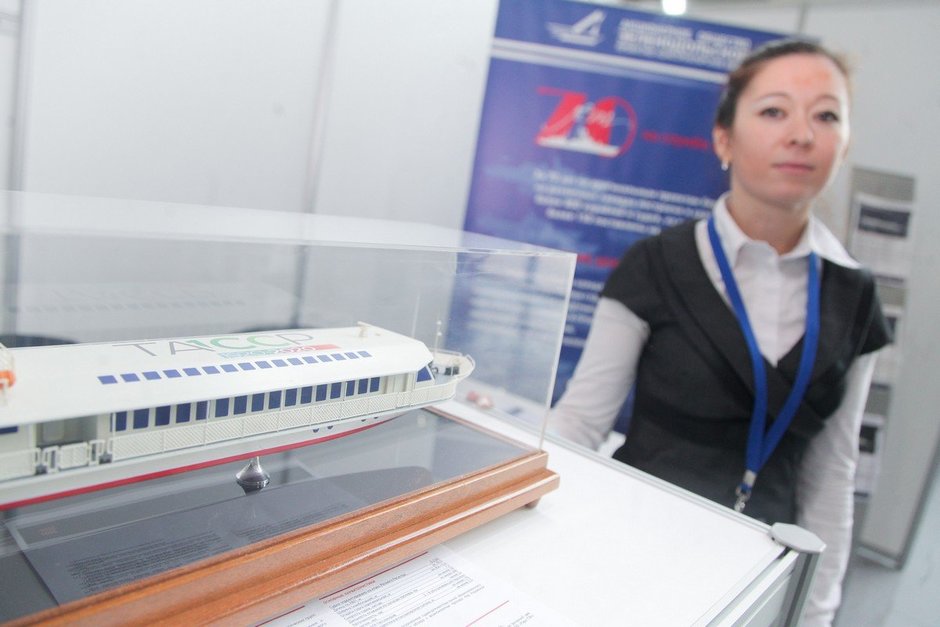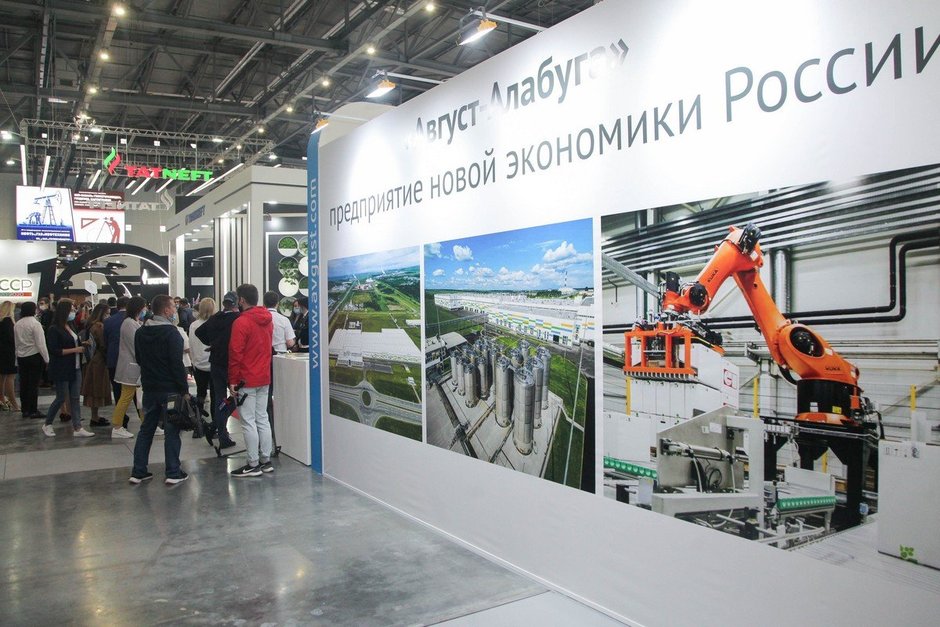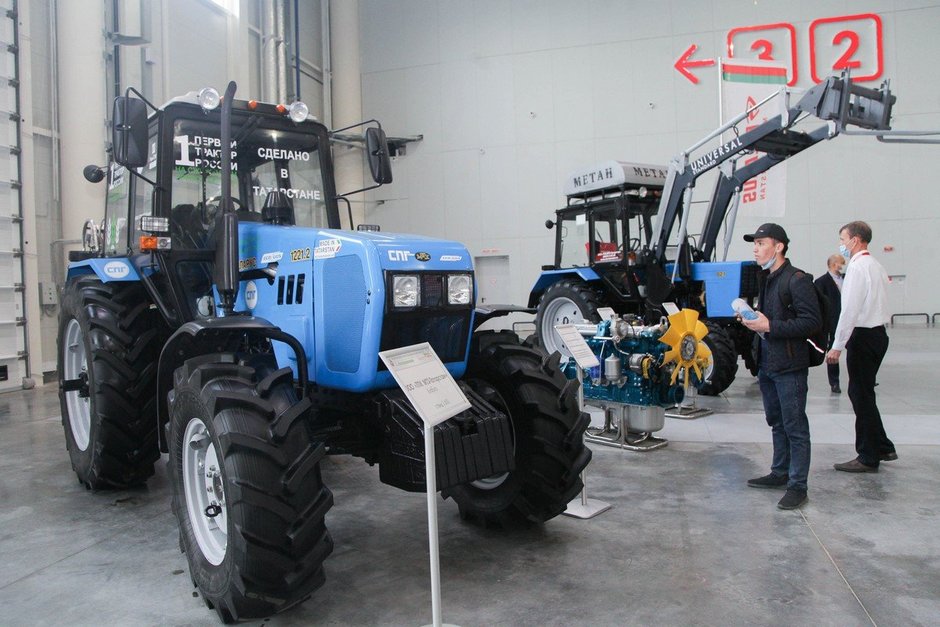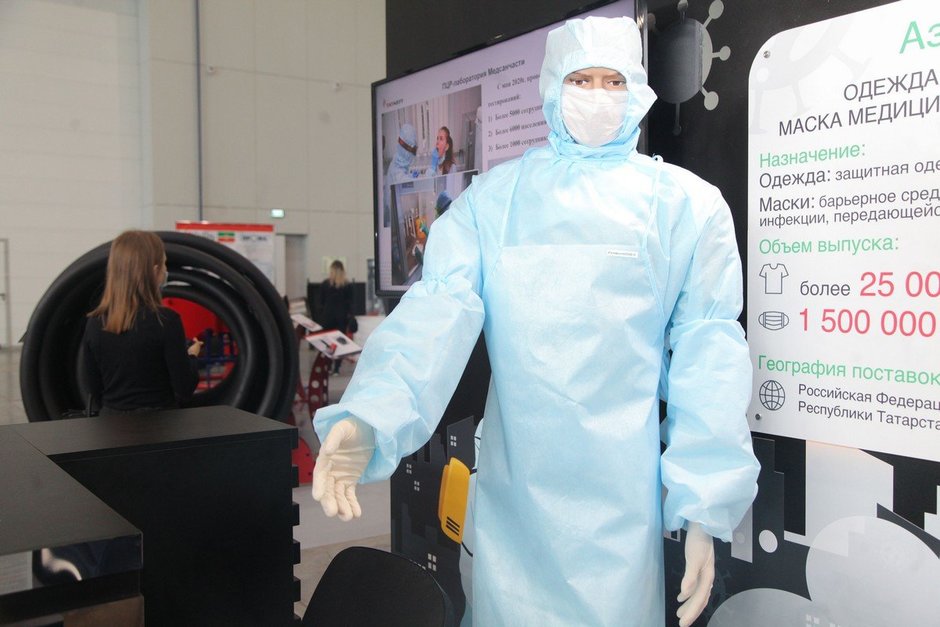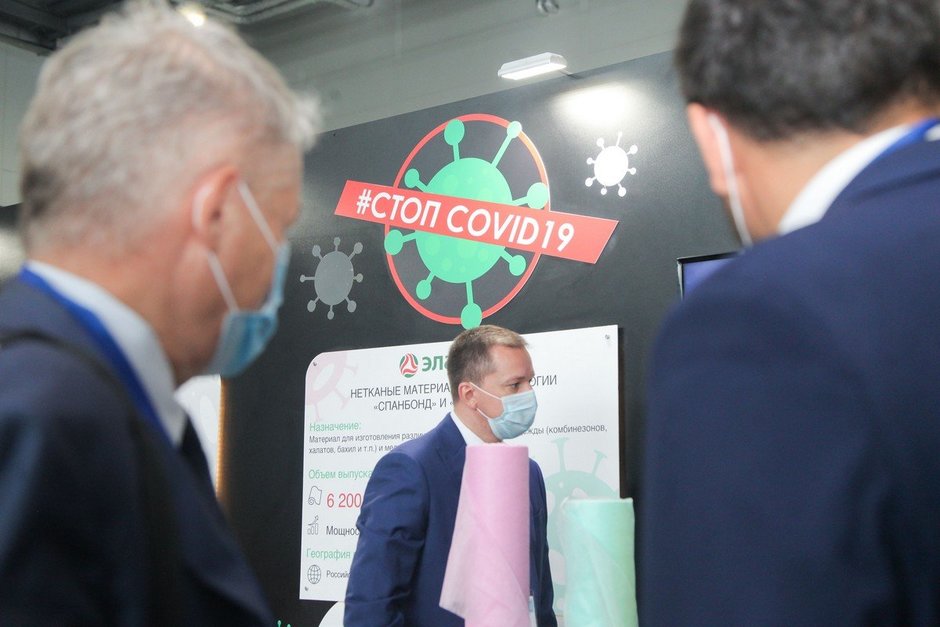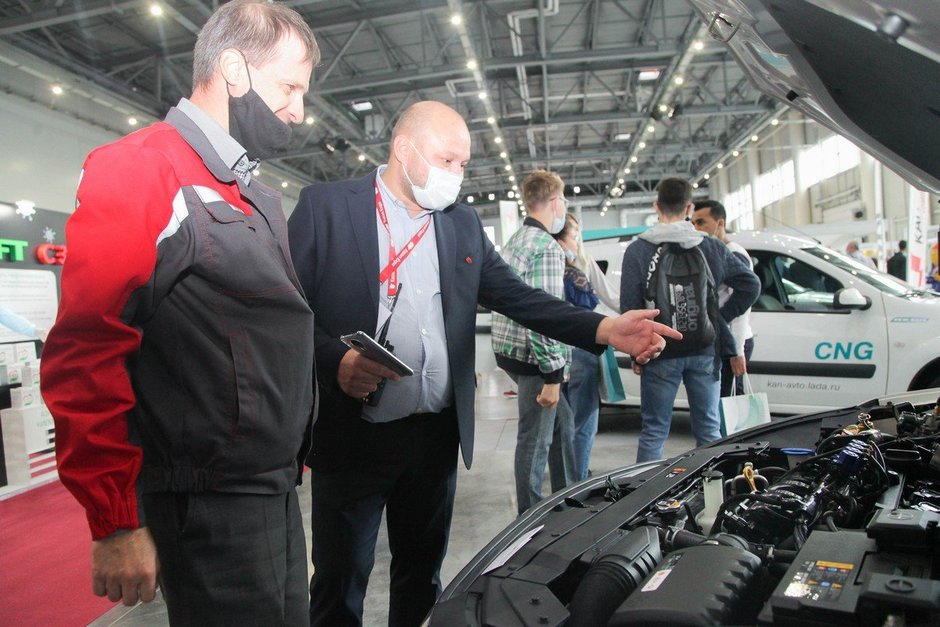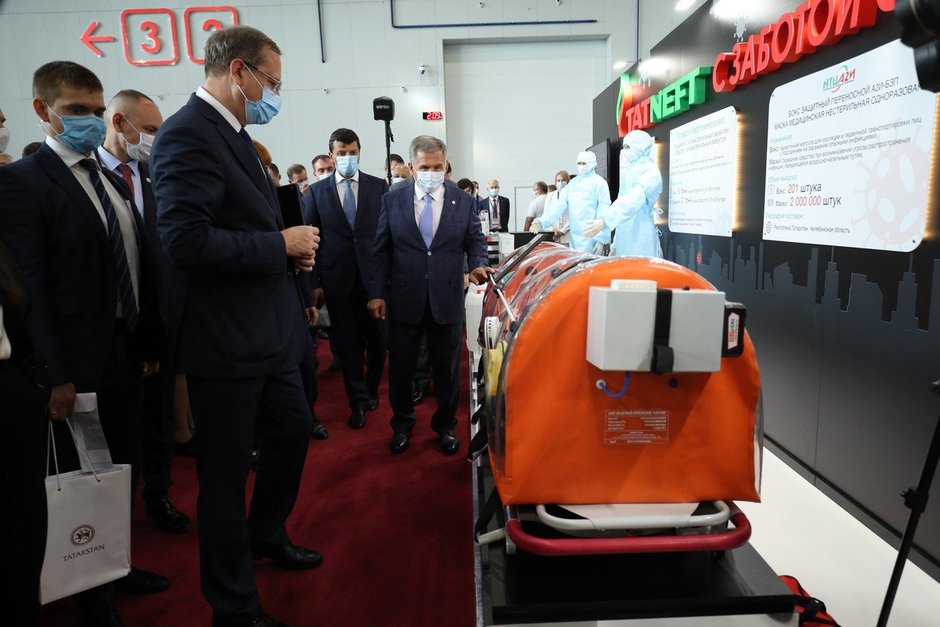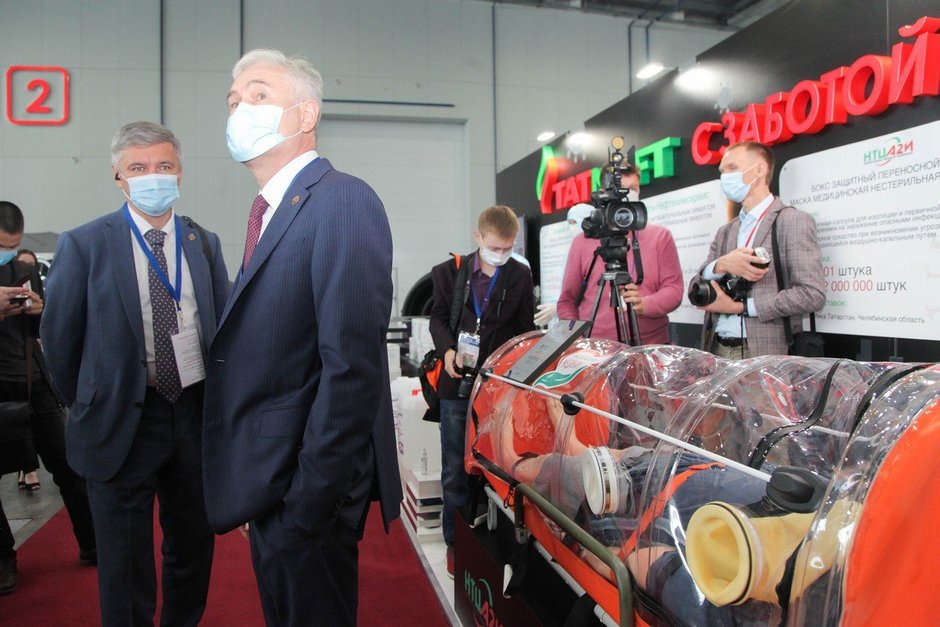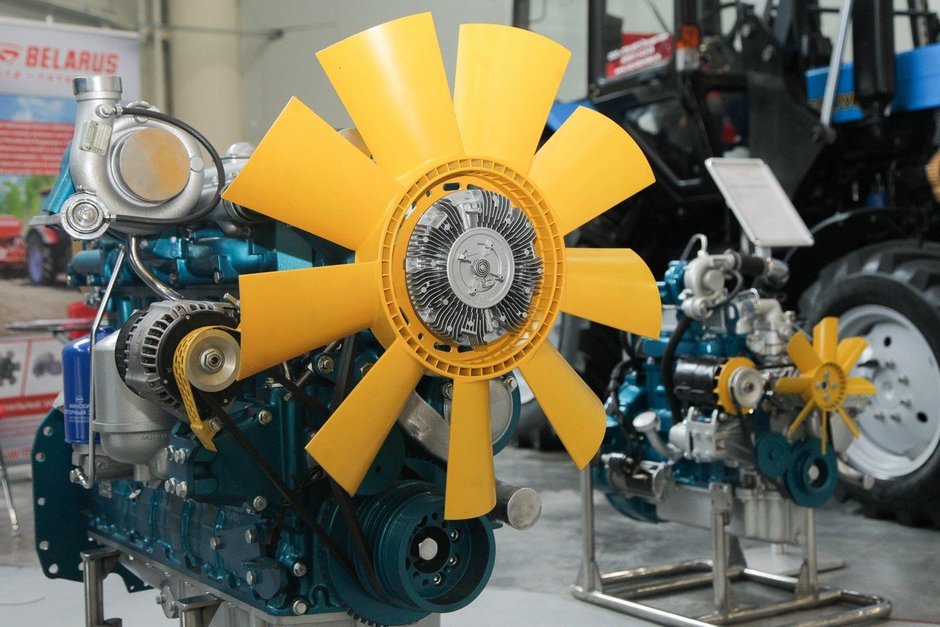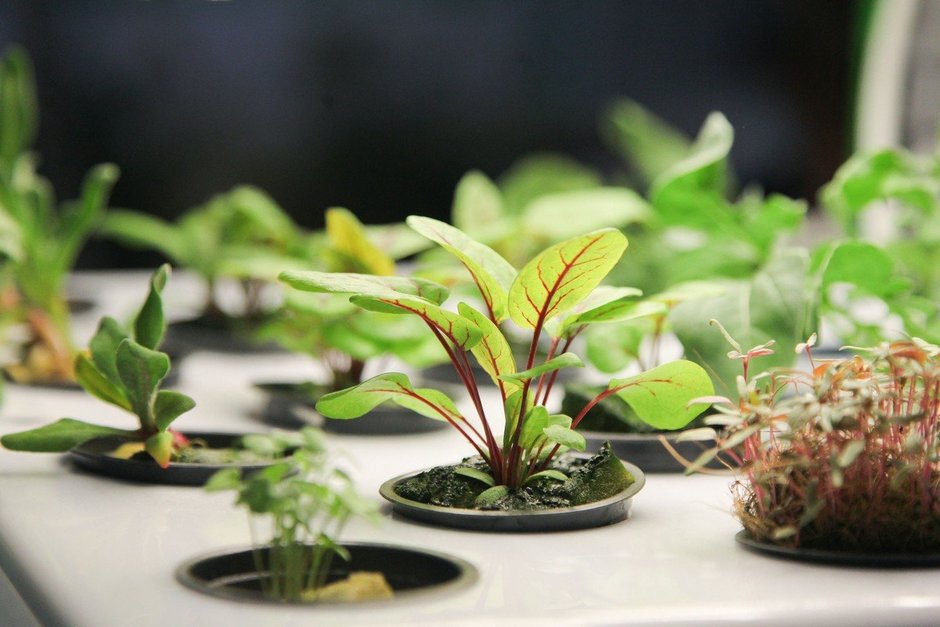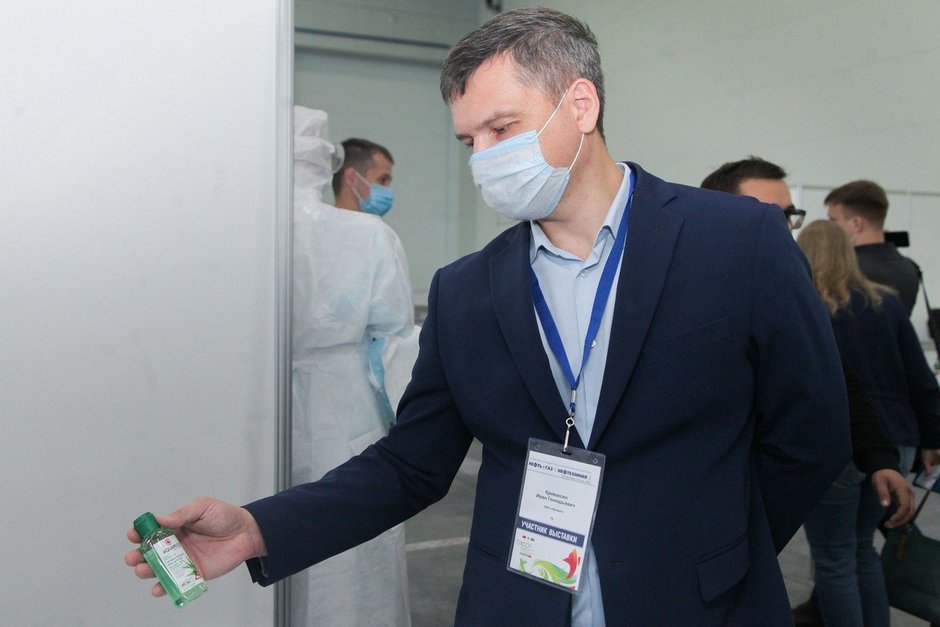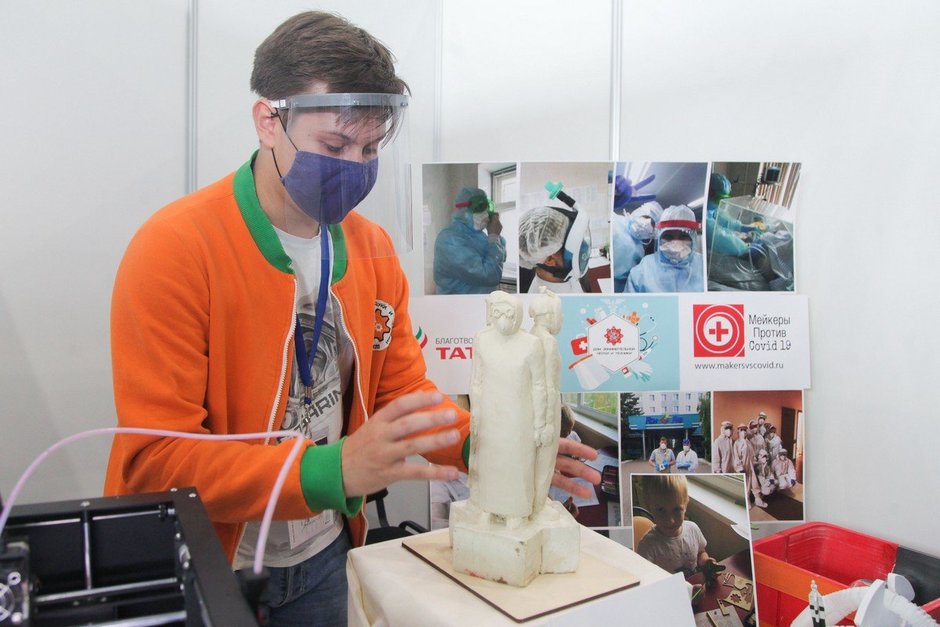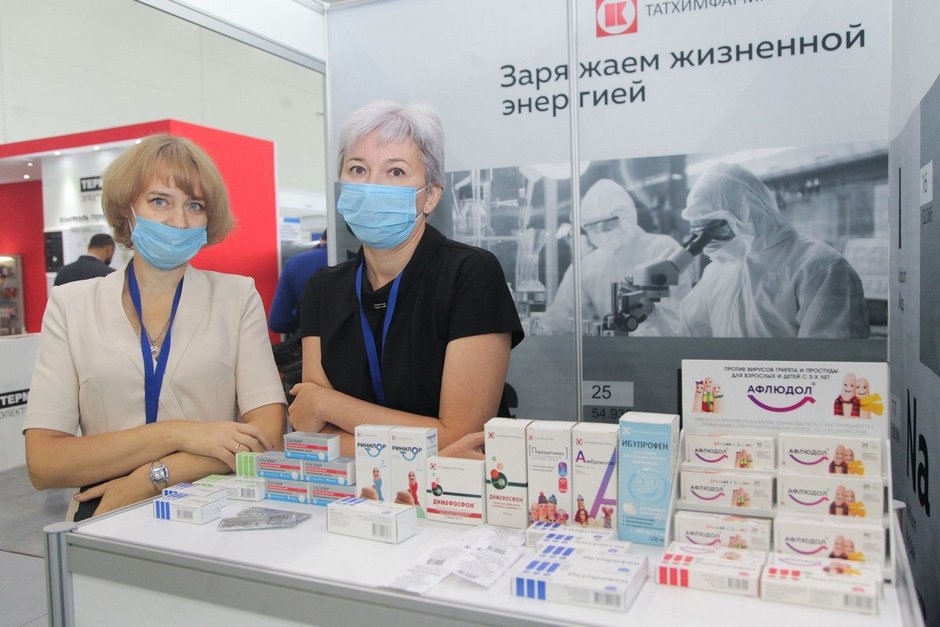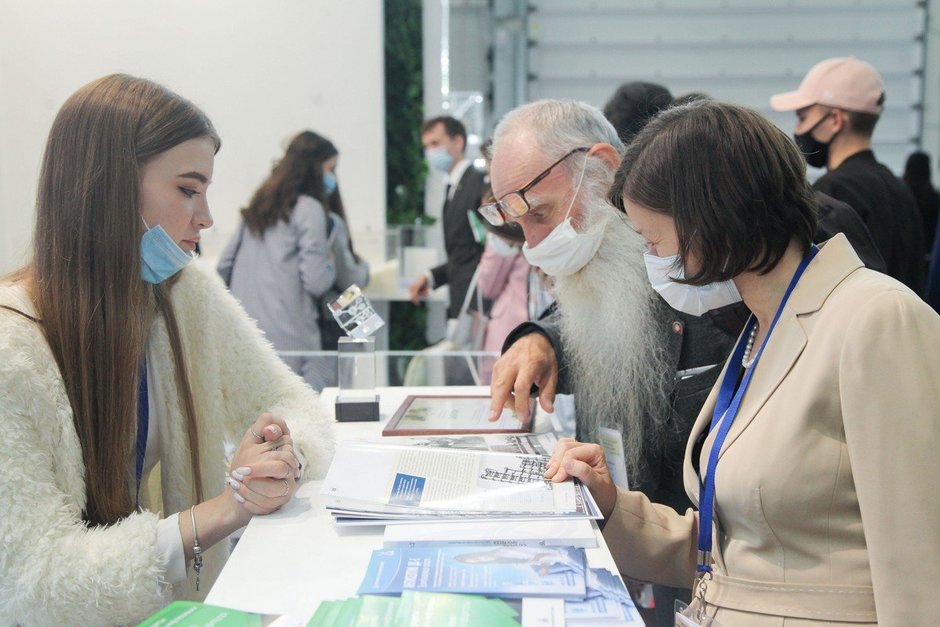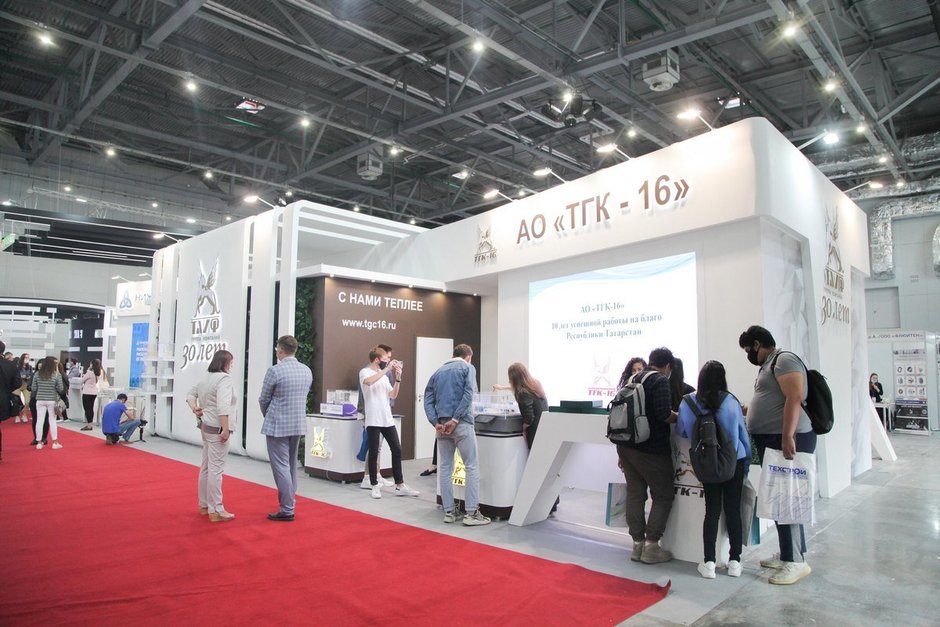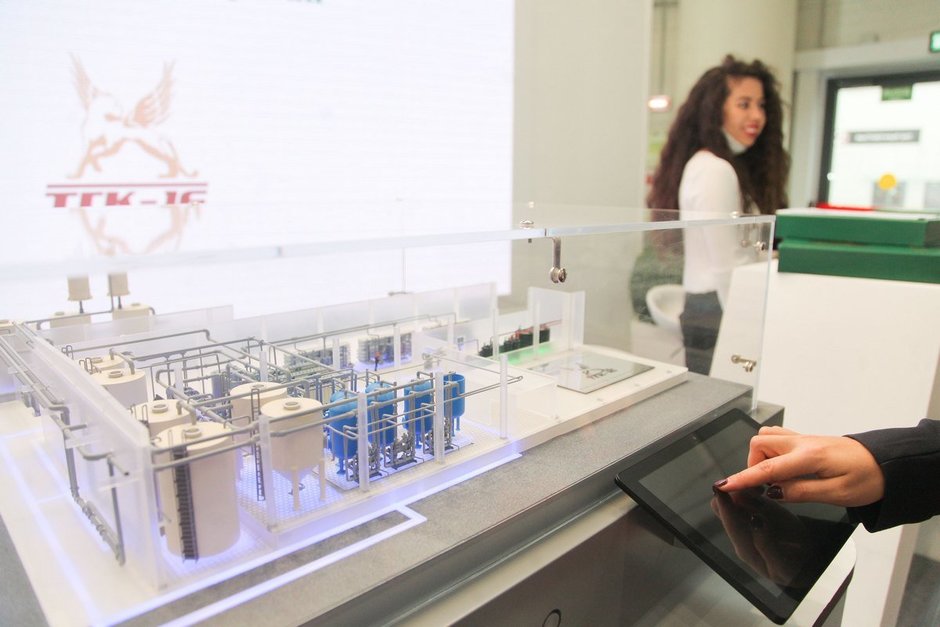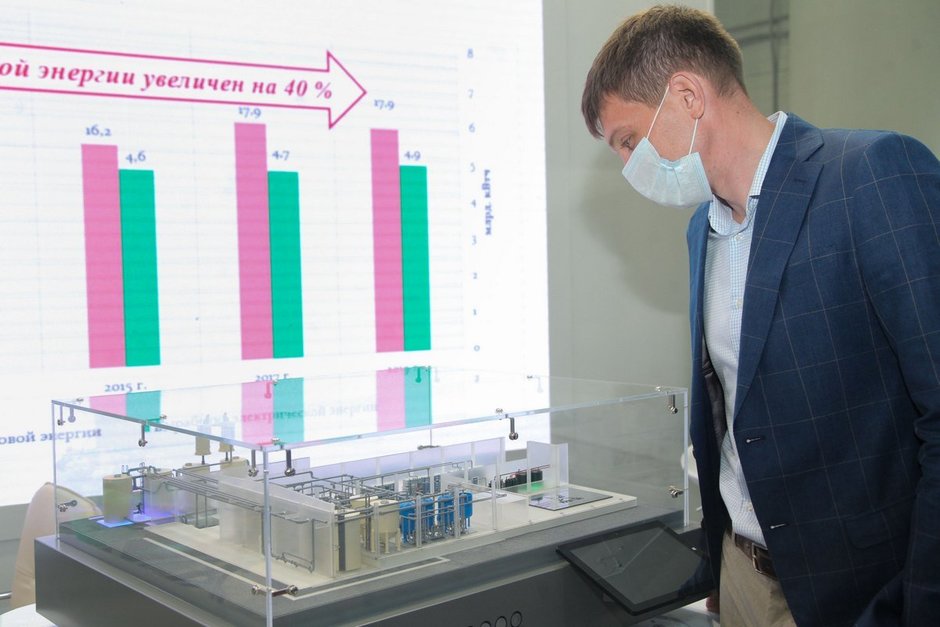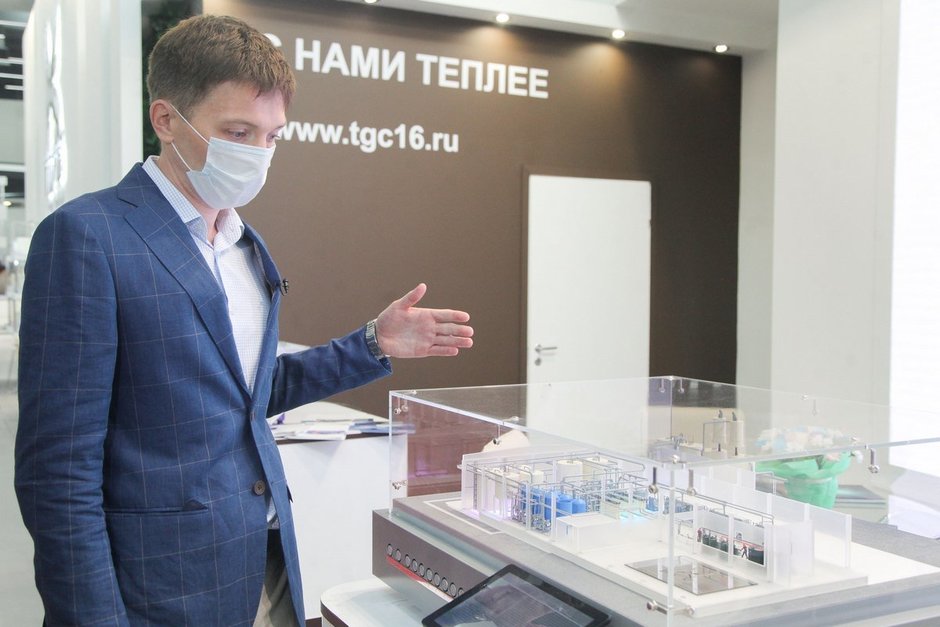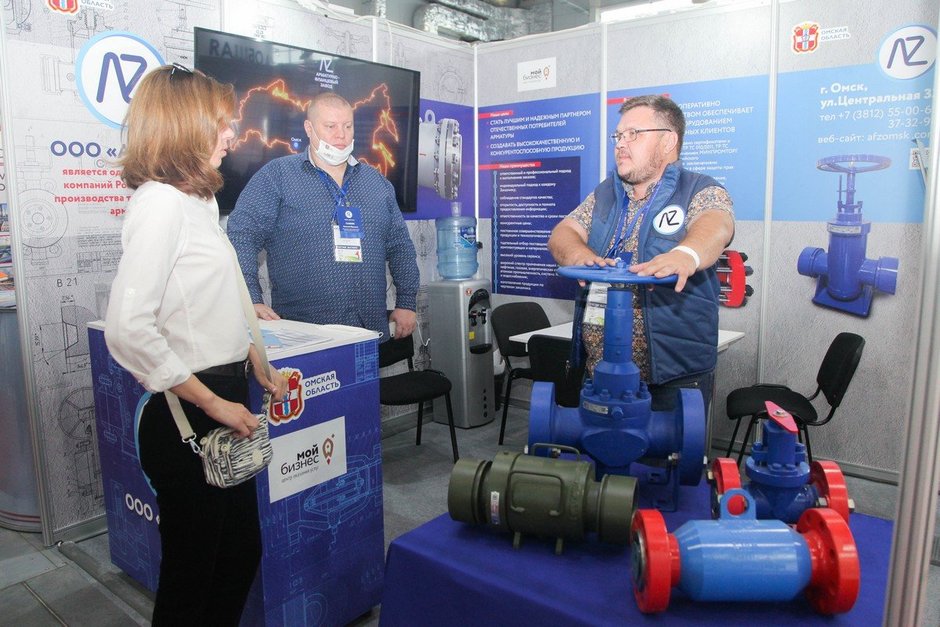Igor Shpurov on oil production prospects: “We are being at the red line, but there are still 20 years ahead”
Igor Shpurov, the director general of the State Commission on Mineral Reserves, warned of the risk of being left without profitable reserves after 2040
According to a pessimistic scenario, by 2023, the Russian oil industry may approach the “red line” from which production begins to decline, Igor Shpurov, the director general of the State Commission on Mineral Reserves, predicted on 2 September. The speaker spoke at the plenary session of the international conference On New Paradigm For Oil and Gas Geology Development, held within the framework of the Tatarstan Oil, Gas and Petrochemical Forum. “To ensure stable oil production of 520 million tonnes by 2040, we need to work on new technologies right now," he urged fellow oilmen, citing forecasts for the development of the industry. In response, the president of the Union of Oil and Gas Producers, Gennady Shmal, called for a loosening of the “tax stranglehold”.
Oil companies “release” reserves
The plenary session of the petrochemical forum was devoted to the key issue of the oil industry — reserves. Opening the meeting, the president of Tatarstan called the problem of developing the raw materials base a priority in the world. “It is important to study the phenomenon of depleted reserves. Understanding these issues will allow us to extend the development of old deposits. After all, Tatarstan has produced more than 3,4 billion tonnes of oil over 77 years," Rustam Minnikhanov said.
Over 14 years, the republic has produced more than 10 million tonnes of oil using its own technologies, and 20 million tonnes will be produced by 2023.
The main speaker of the conference was Igor Shpurov, the director general of the State Commission on Mineral Reserves. Under his leadership, a full-scale inventory of oil companies' reserves was launched in the country at the beginning of last year. The campaign was carried out on behalf of the president of Russia and the government of the country and covered 2712 fields with total recoverable reserves of 29 billion tonnes.
The main purpose of the inventory is to identify the volume of profitable technologically recoverable reserves that will determine the horizon of oil production. This is partly due to that since January 2016, the inventory assessment is carried out according to a new classification, which is much closer to its international analogues (PRMS and SEC). In addition to the president of Tatarstan, the plenary session on geology was participated by Minister of Industry Albert Karimov and President of the Union of Oil and Gas Producers of Russia Gennady Shmal.
First of all, Igor Shpurov noted that over the past 15 years Russian oil companies have intensively developed new fields, which has led to a change in the structure of reserves in the country.
“The increase in reserves amounted to 2 billion tonnes," he said. “Thirty per cent of the increase was provided by active development of deposits, which have become more by a third. What is more, 60% of these reserves are already being developed, so we say that they are in demand. This is a good sign," said the director general of the State Commission on Mineral Reserves.
How many profitable reserves are there in the country
However, the state has a task to have complete and up-to-date information about how the changing situation of oil prices on the world market affects the dynamics and economic conditions of production, Shpurov said. For this reason, two scenarios have been developed. An optimistic option is with a price of $65, pessimistic — with a price of $40, which was developed by the ministry of economic development of the Russian Federation (this option was used by oil producers in the spring of this year).
“These two scenarios showed that only 64% of 2,716 fields are profitable for all categories of reserves, or 18,6 billion tonnes according to the optimistic version," the speaker said. “According to the pessimistic one — only 10 billion tonnes.
How long will they last? According to Shpurov, technologically recoverable reserves without taking into account economy will ensure production within 55 years, but this is we you do not count the costs at all. As for profitable production — for up to 35 years under the optimistic option and for 19 years under the pessimistic one (assuming annual production of 500-520 million tonnes a year).
There are oil reserves until 2040
Based on these conclusions, the head of the State Commission on Mineral Reserves made a forecast for oil production. “According to a pessimistic scenario, starting from 2023, we will begin to reduce oil production in the country if nothing is done," he said.
According to the optimistic scenario, these reserves will be enough to maintain a stable level of production until 2040. But to do this, we need to use all the technological capacities. However, when the oil price drops to $40, 65% of the well stock with reserves of 20 billion tonnes becomes unprofitable. Under the optimistic scenario, the duration of oil production stabilisation is until 2020, but 10 billion tonnes of explored reserves become difficult to recover.
How will we live after 2040? Shpurov reminded that it takes 20 years to develop a feasibility study and conduct pilot works in the industry, which means that we need to start working on new technologies today. “We are being at the red line, but there are still 20 years. “To ensure stable oil production of 520 million tonnes by 2040, we need to work on new technologies right now," he urged fellow oilmen.
According to Shpurov, a significant part of the oil produced in Tatarstan is achieved through the use of new technologies. Commenting on this topic, Minister of Industry and Trade Albert Karimov said that over 36,6 million tonnes of oil were produced last year, and more than 10 million tonnes have been produced since the start of ultra-viscous oil development. “The production cost is growing," he admitted.
In response, the president of the Union of Oil and Gas Producers of Russia, Gennady Shmal, called for easing the “tax stranglehold” and developing a special state programme for resource development. The speaker complained that the volume of investments in exploration is decreasing. “If in the 1970s investments provided 48% of exploration drilling, now only 5%," he argued and called on the state to encourage measures to increase reserves.
“Russian geological exploration is currently experiencing many difficulties and problems," said Schmal. “These include depletion of deposits, reduction in the number of discovered fields, inefficient production methods and lack of funding. These problems must be resolved immediately, as this seriously threatens national security," the speaker believes.
The president of the Union of Oil and Gas Producers believes that the state has long lost control of the growth of oil reserves in the country. “In June 2010, the programme for the development of national geology was adopted. Now what? The increase in reserves during this time amounted to 3,3 billion tonnes, and production — 5,5 billion tonnes," he lamented. According to him, due to unfavourable economic conditions, the volume of exploration drilling in companies is declining.
“From year to year, the ministry of natural resources declares fantastic figures for the growth of oil and gas reserves. They call 700 million tonnes of oil and 800 billion cubic metres of gas. But experts couldn't understand where these figures come from. Either the ministry referred to geological reserves, or virtual ones. But there were no reports of the discovery of large deposits," he debunked the myths of officials.
